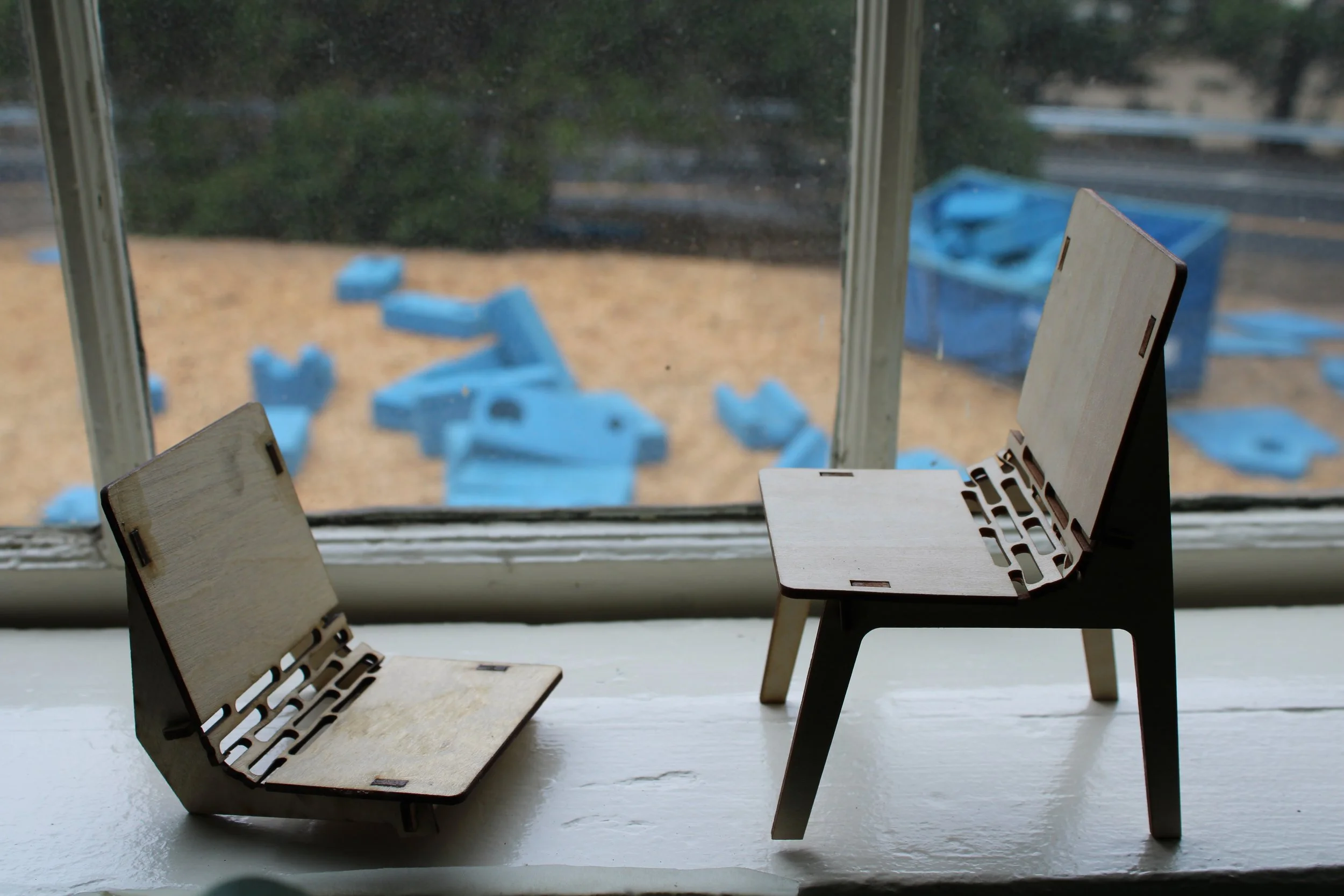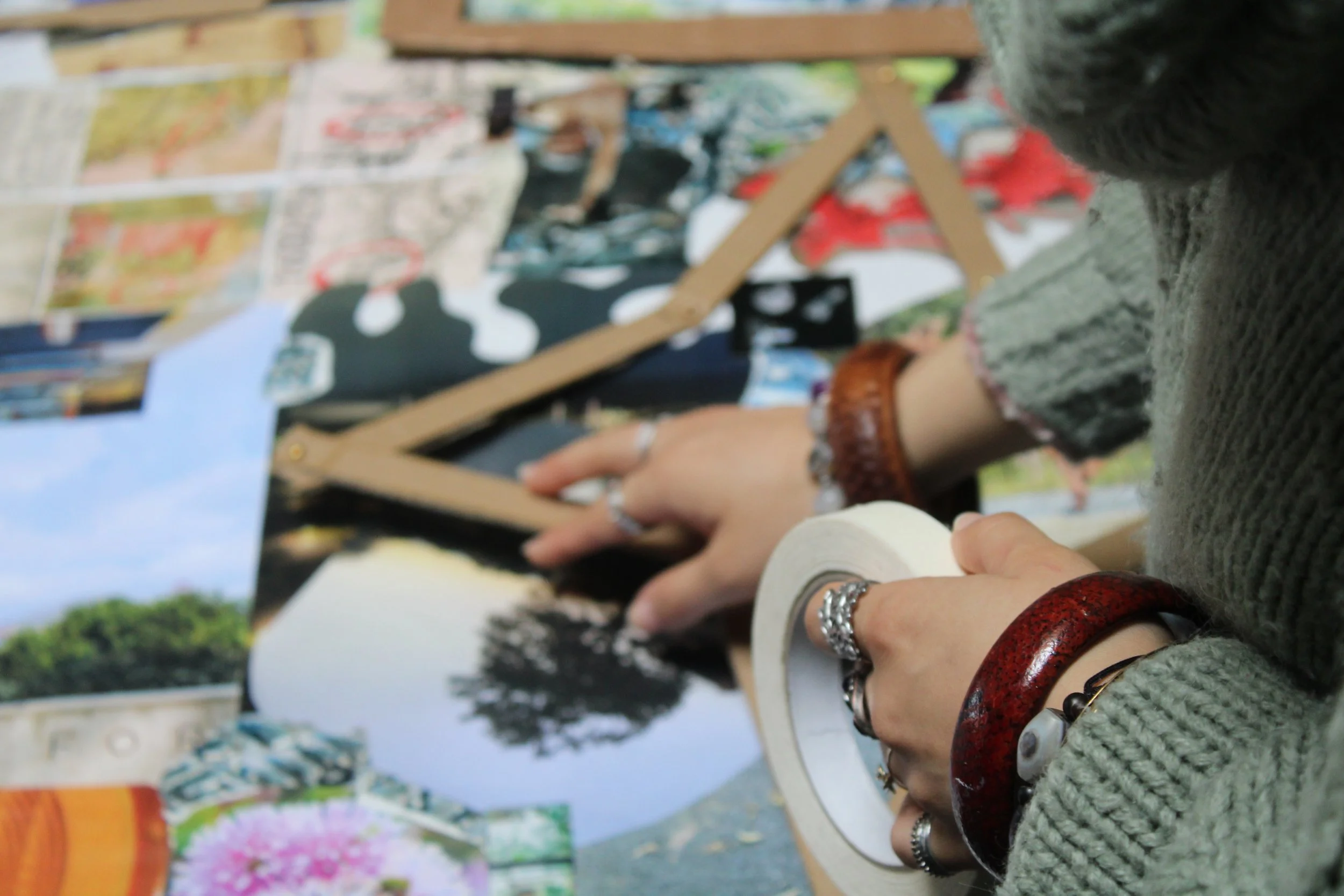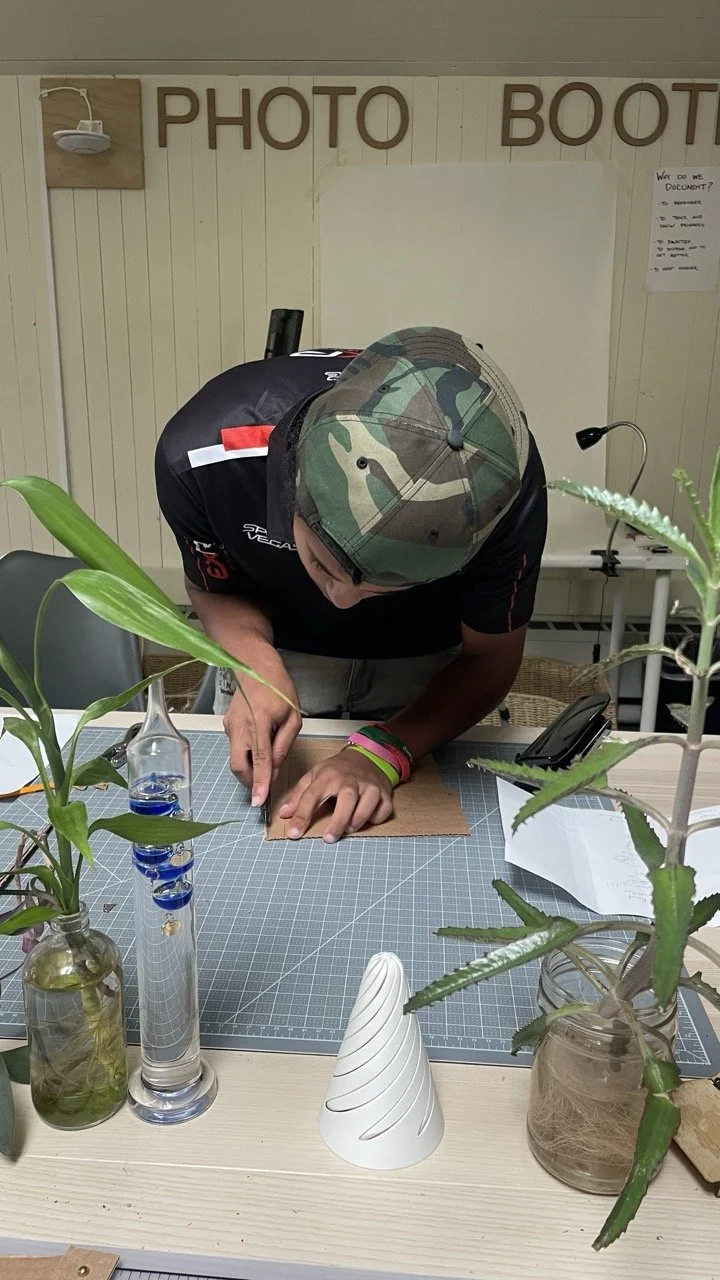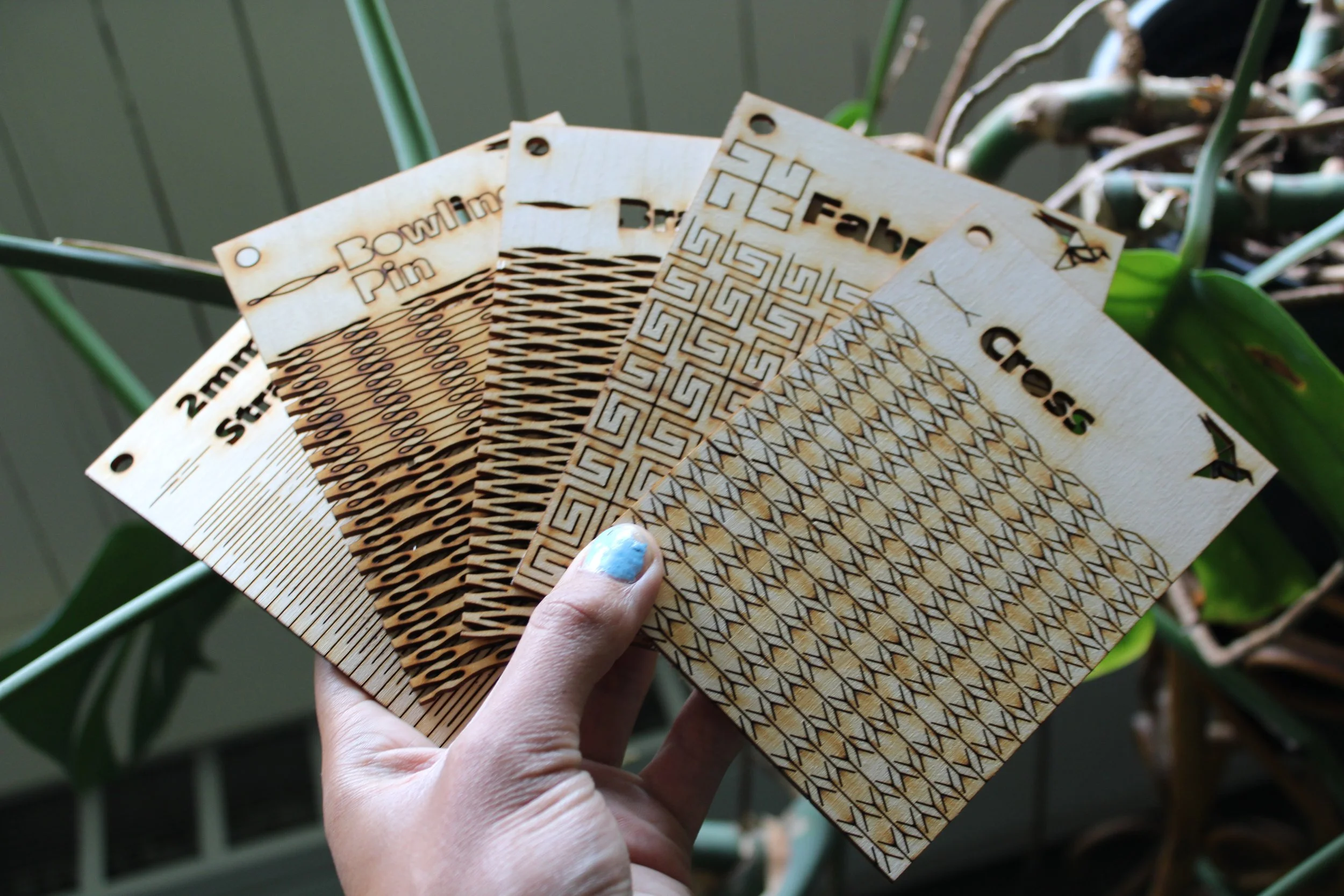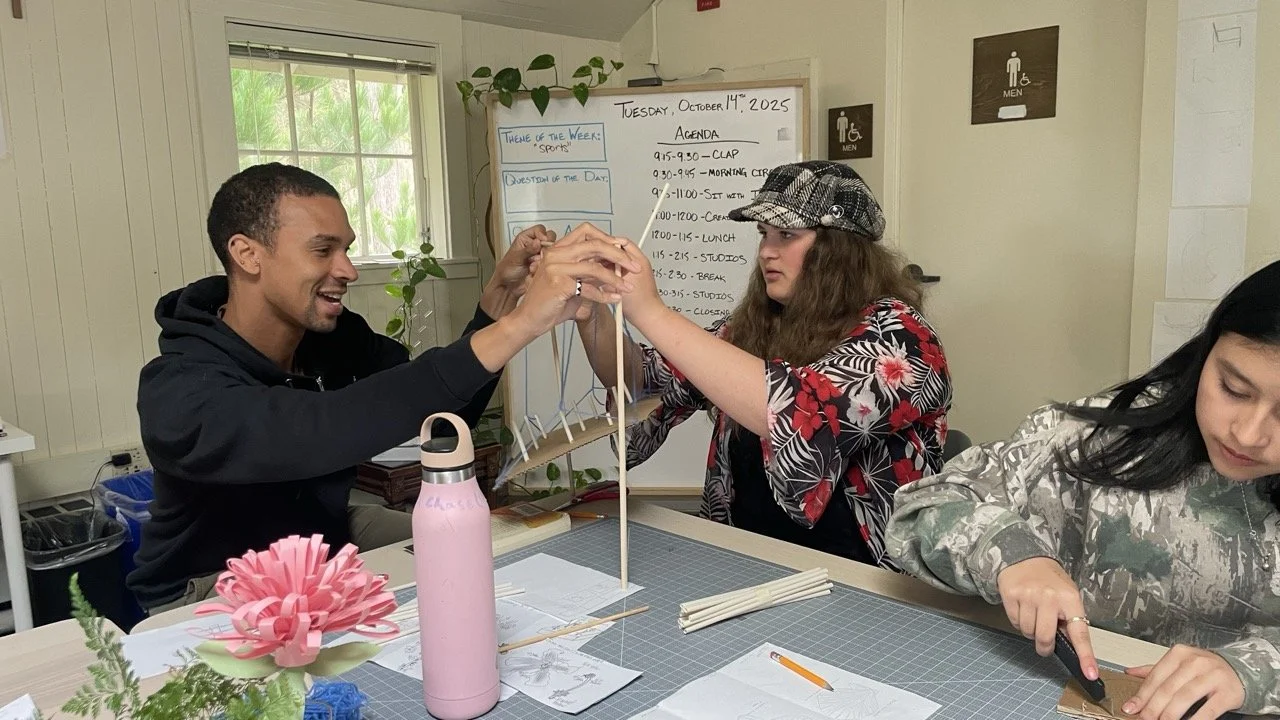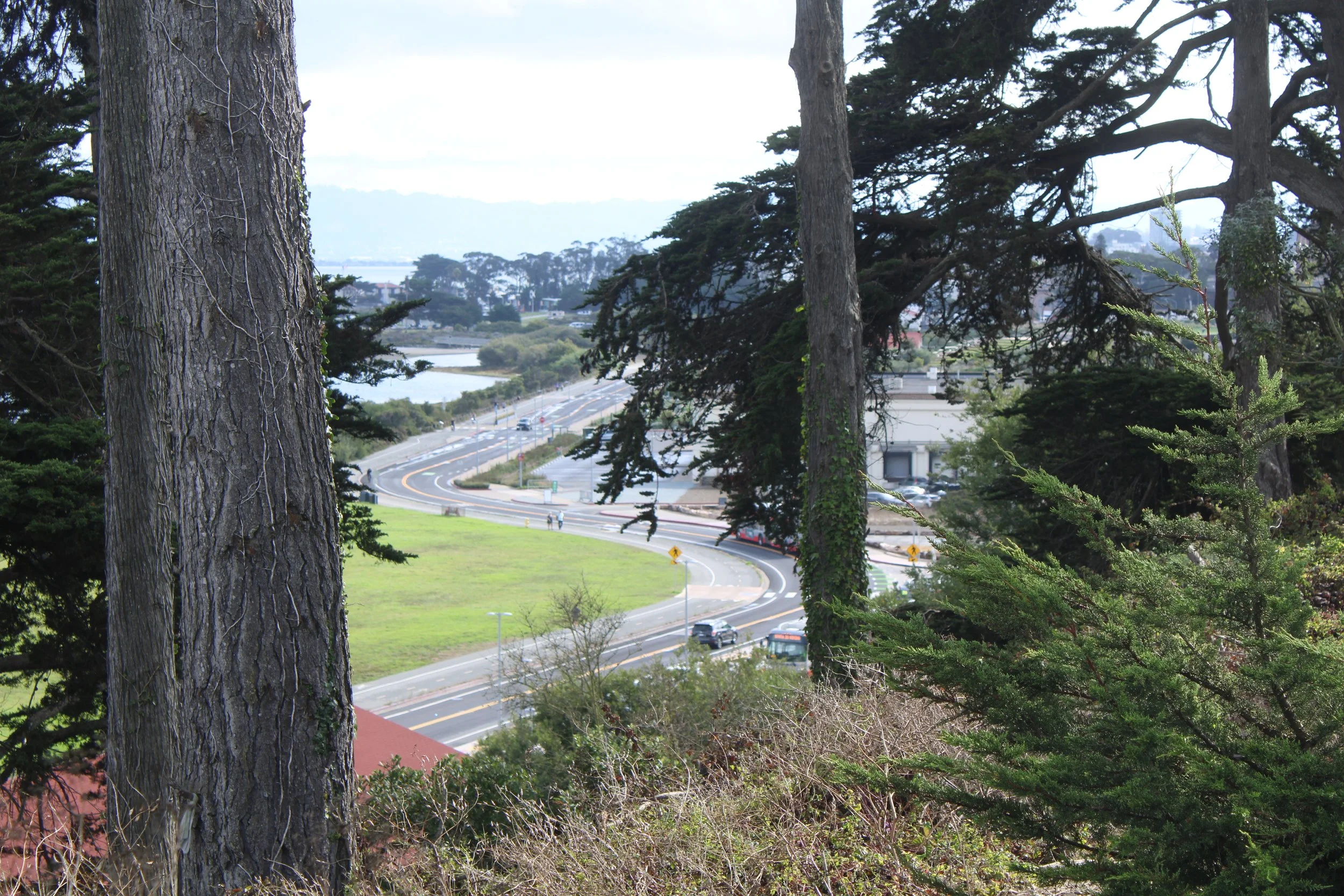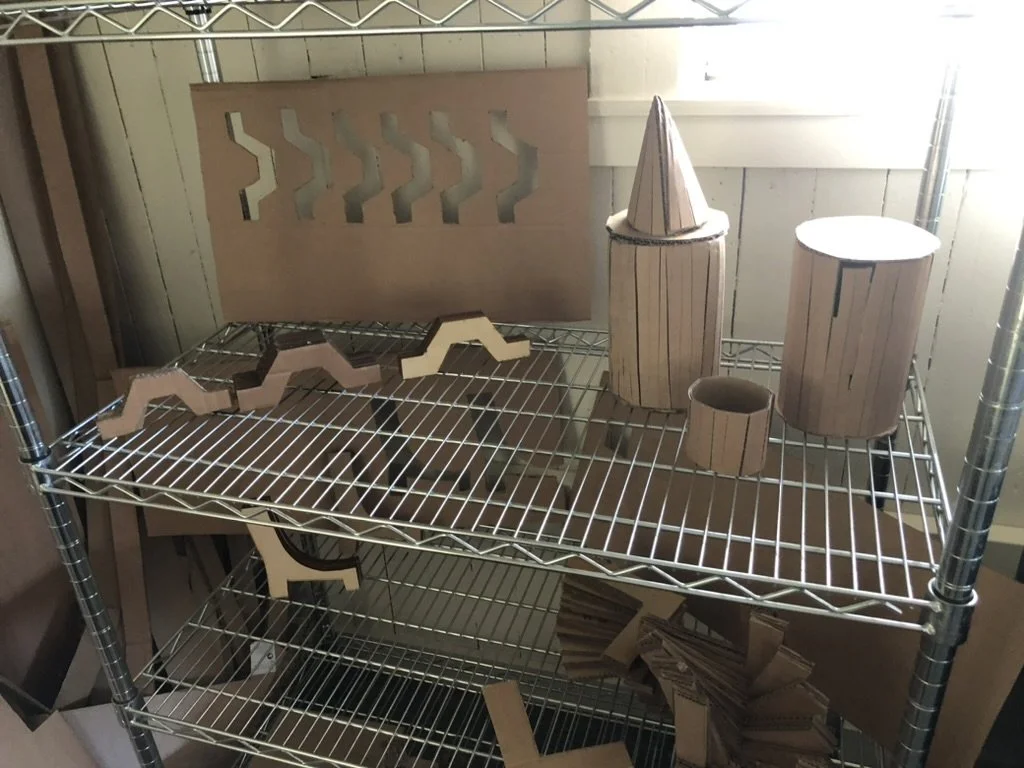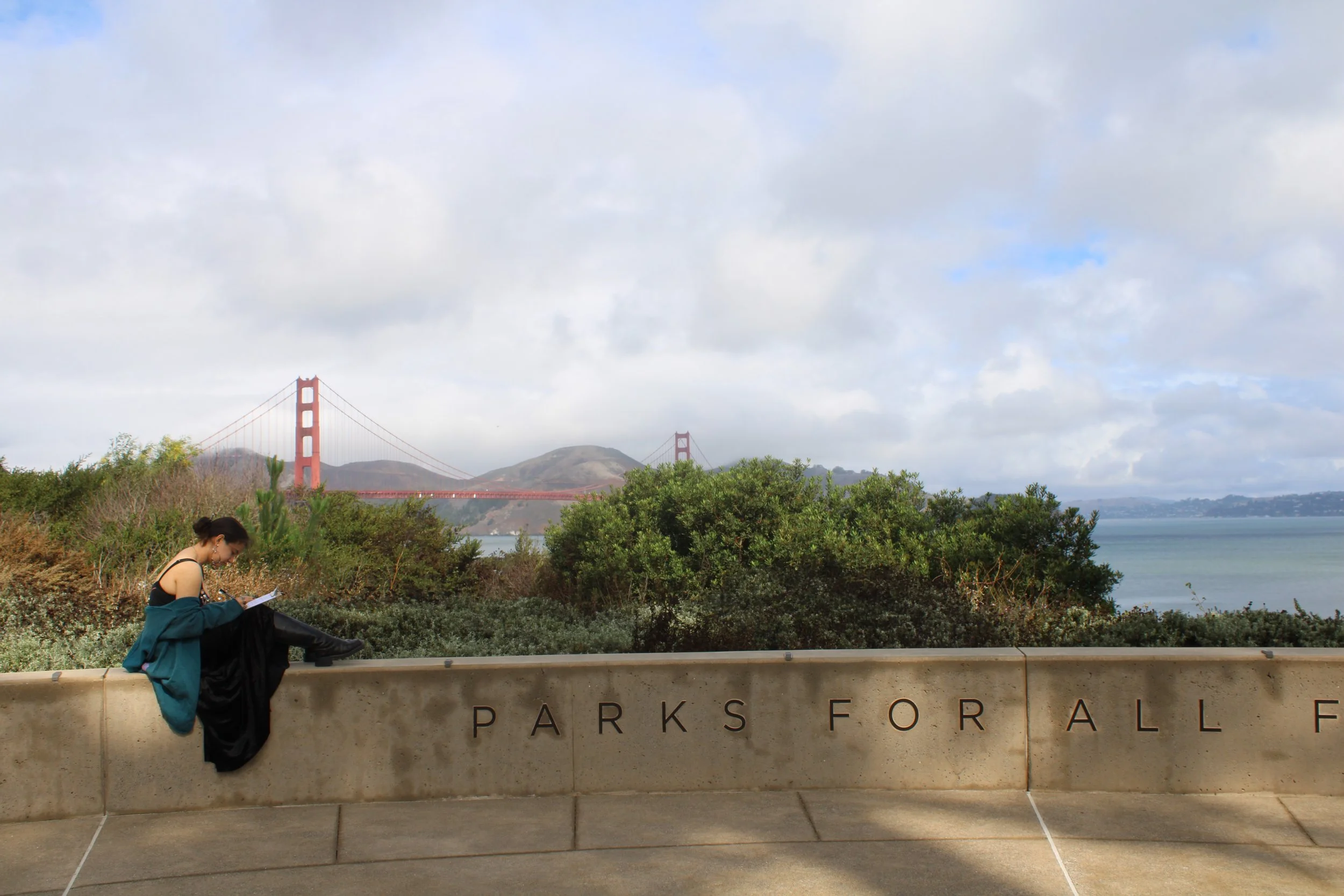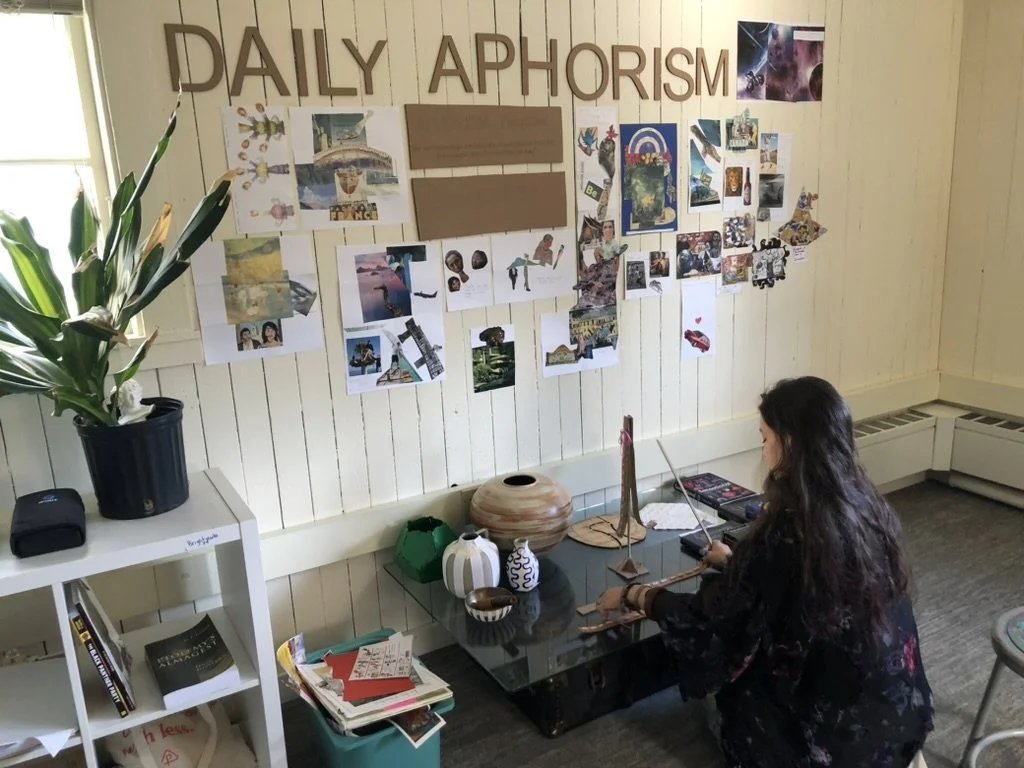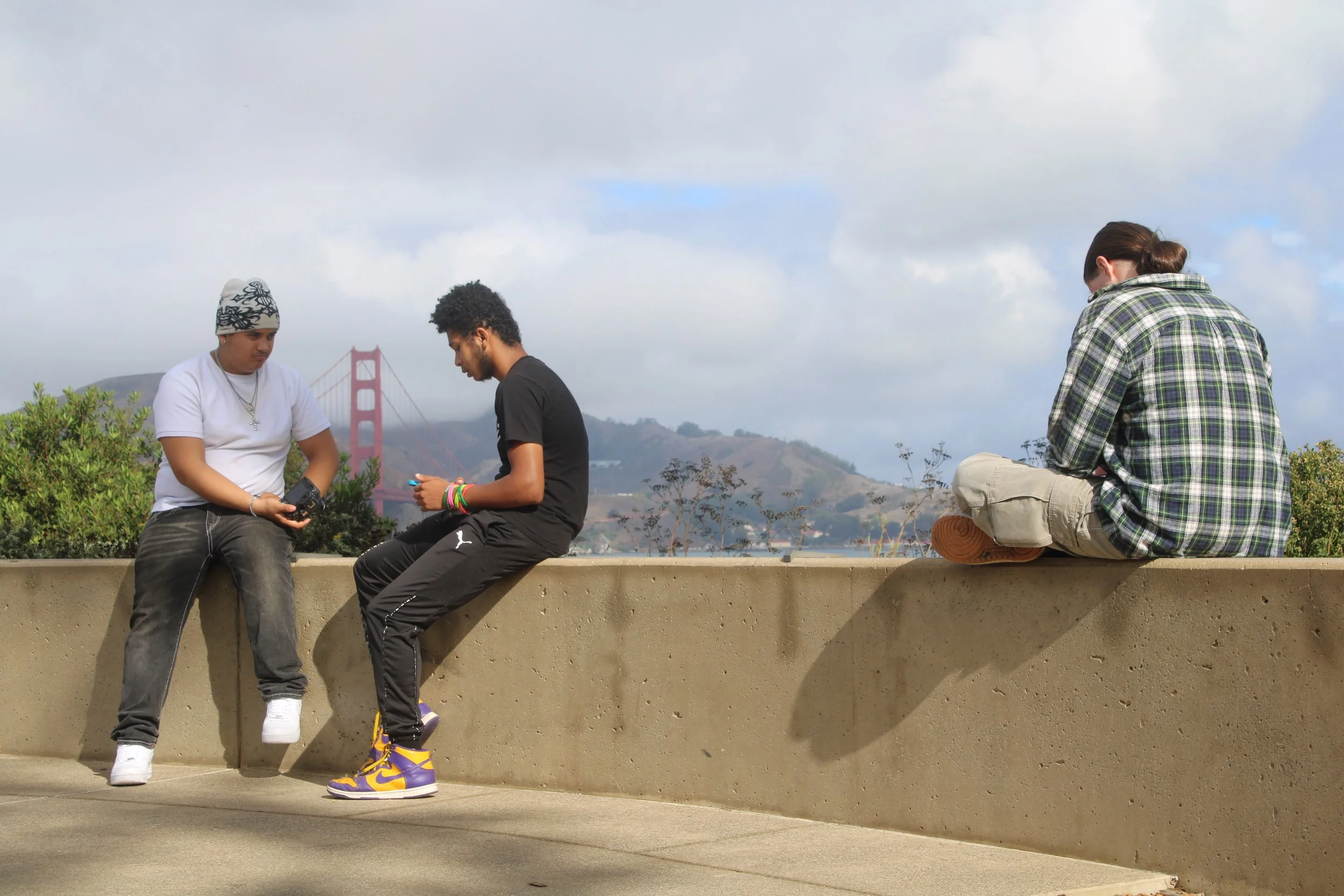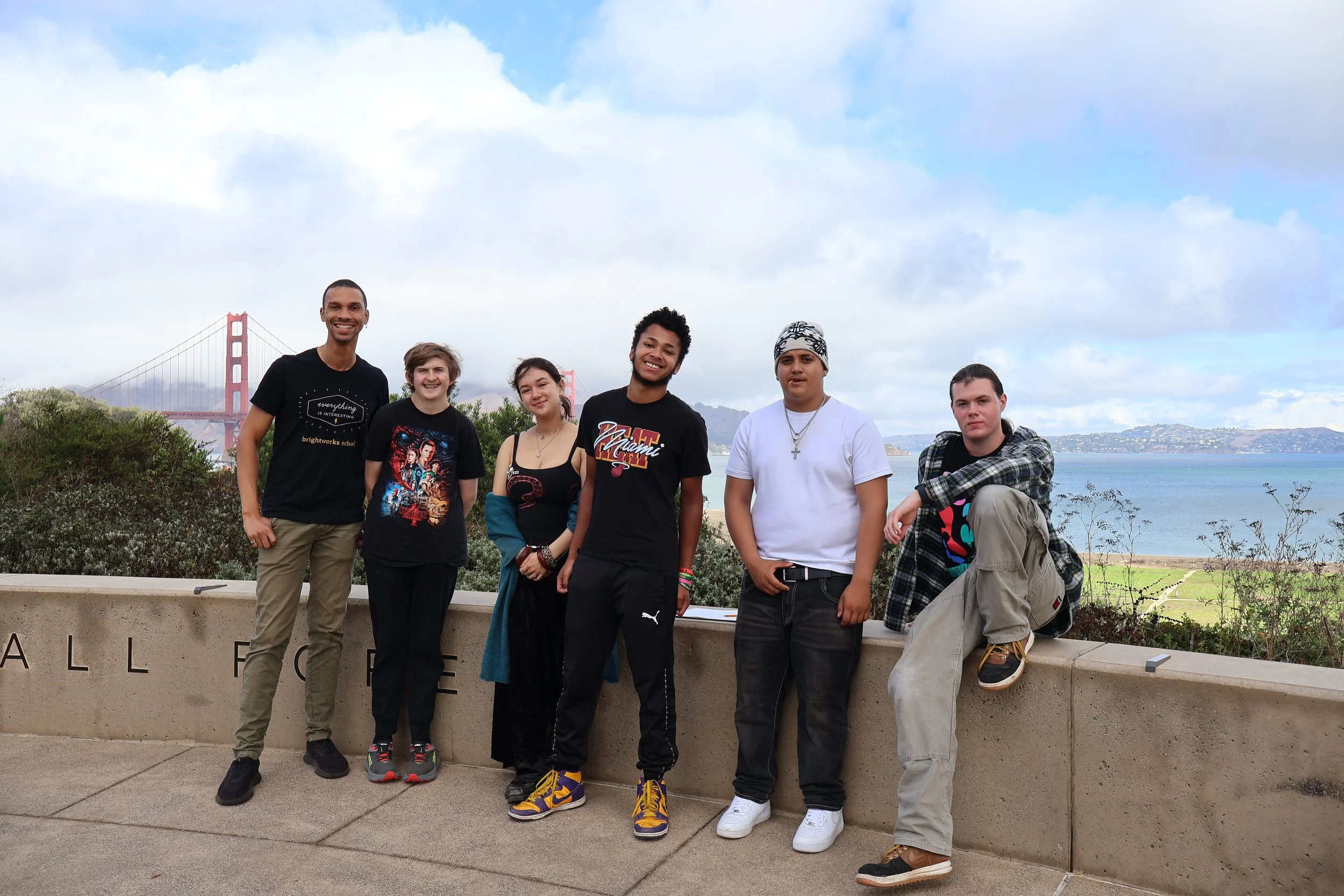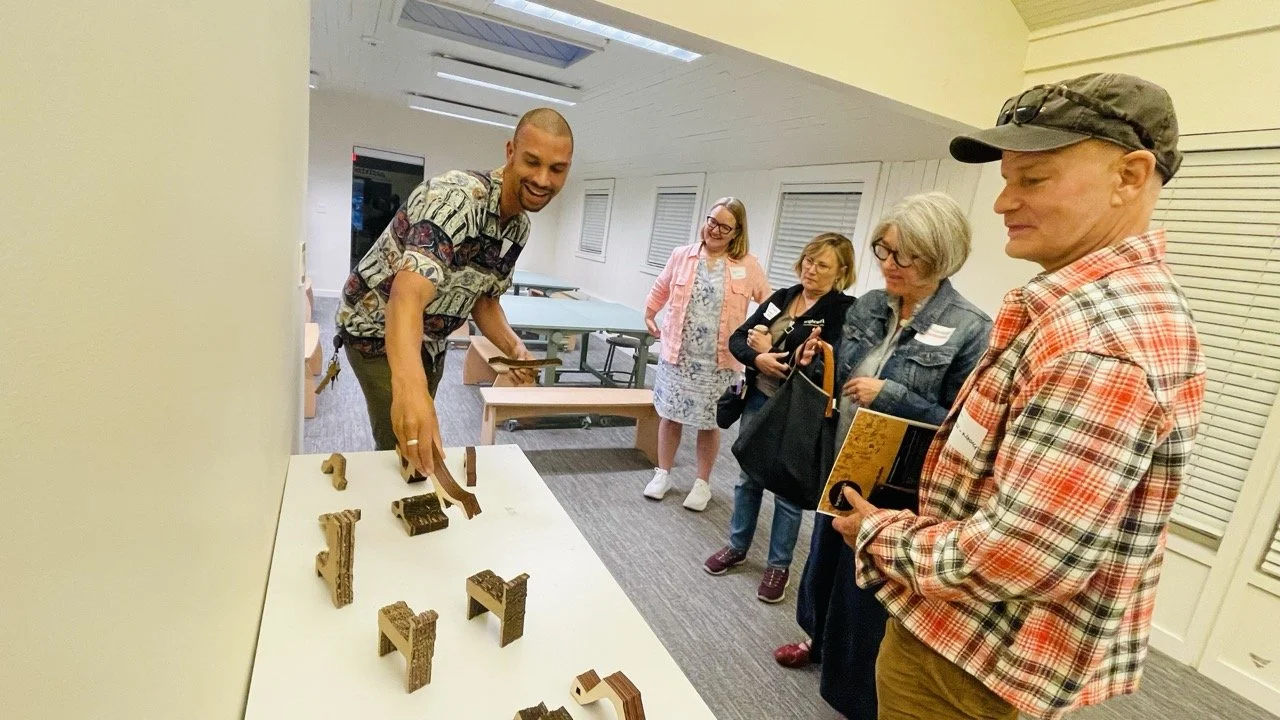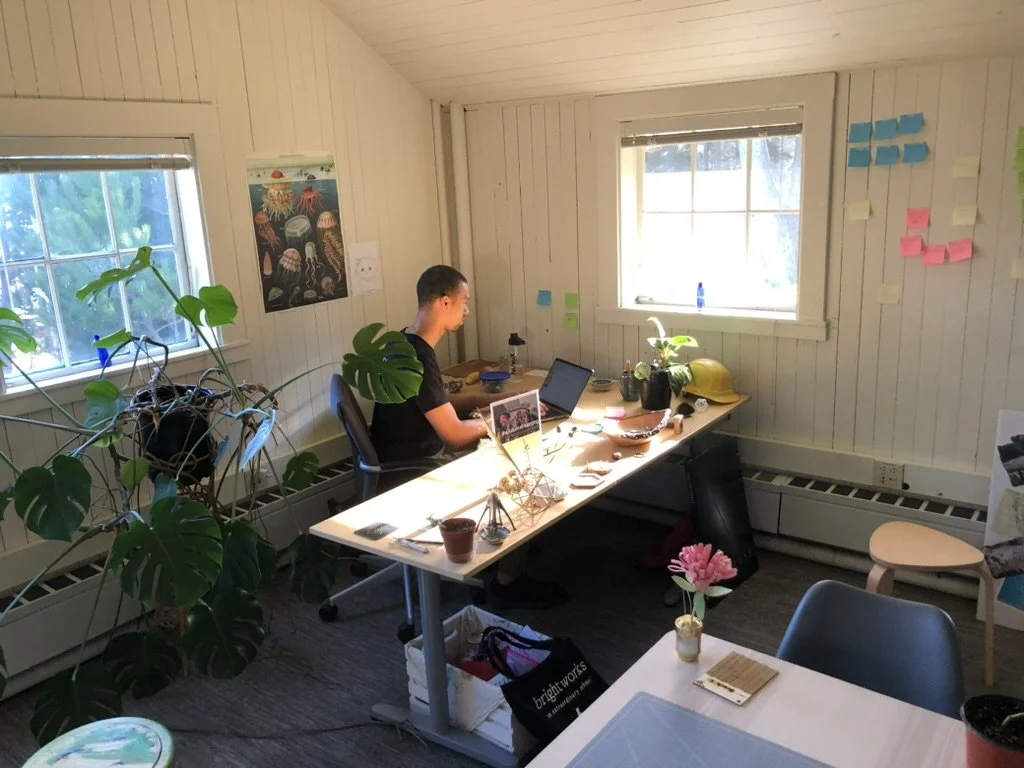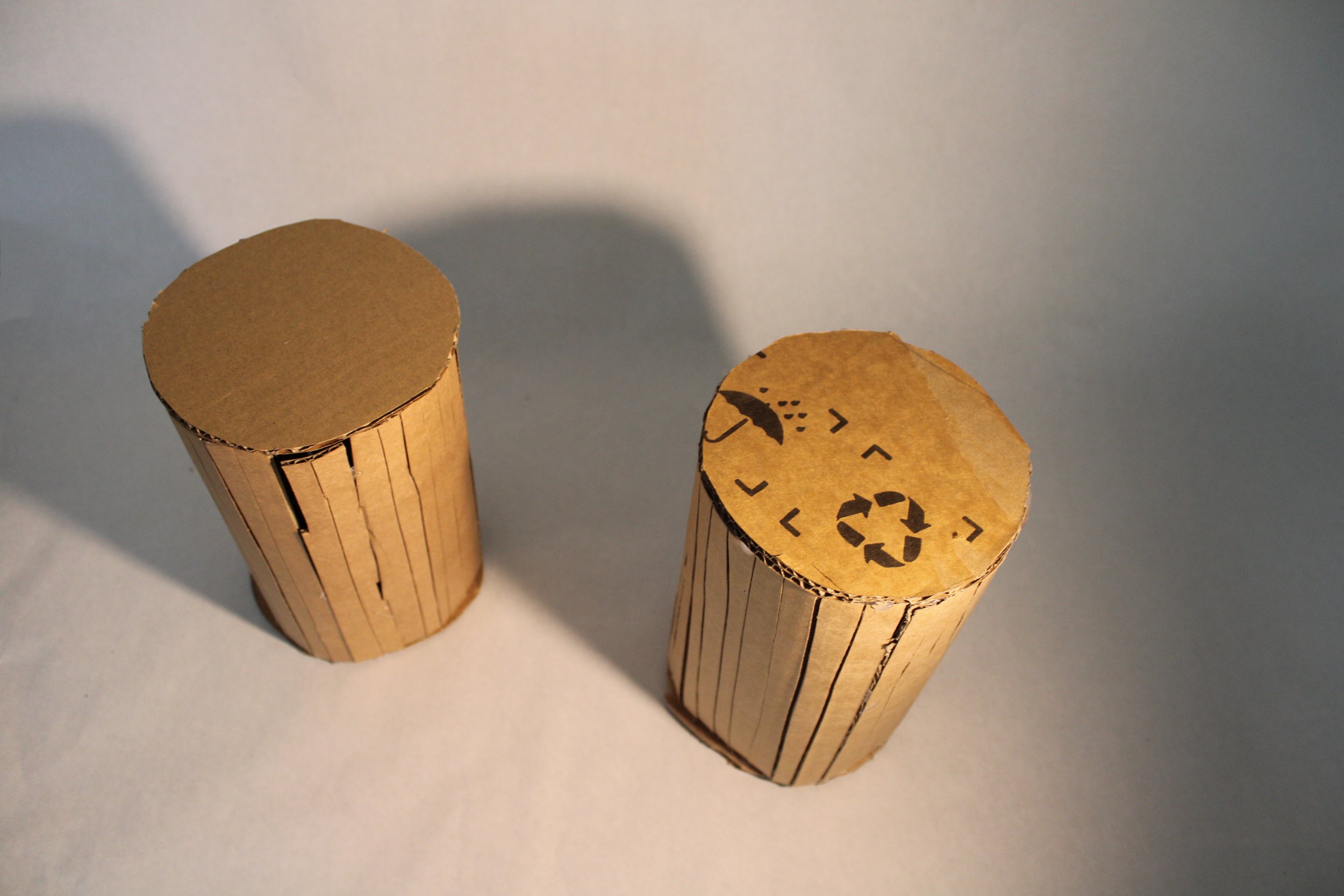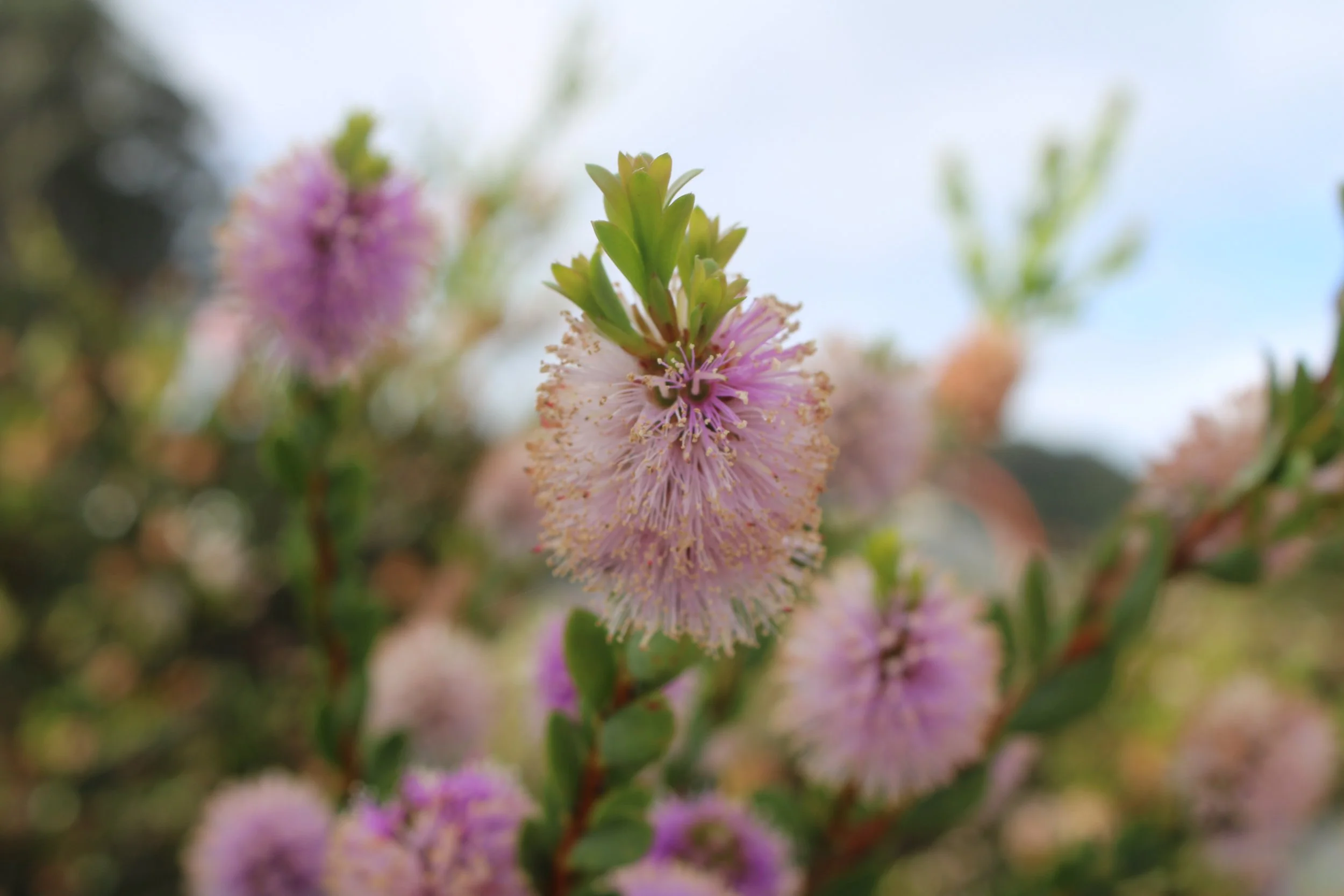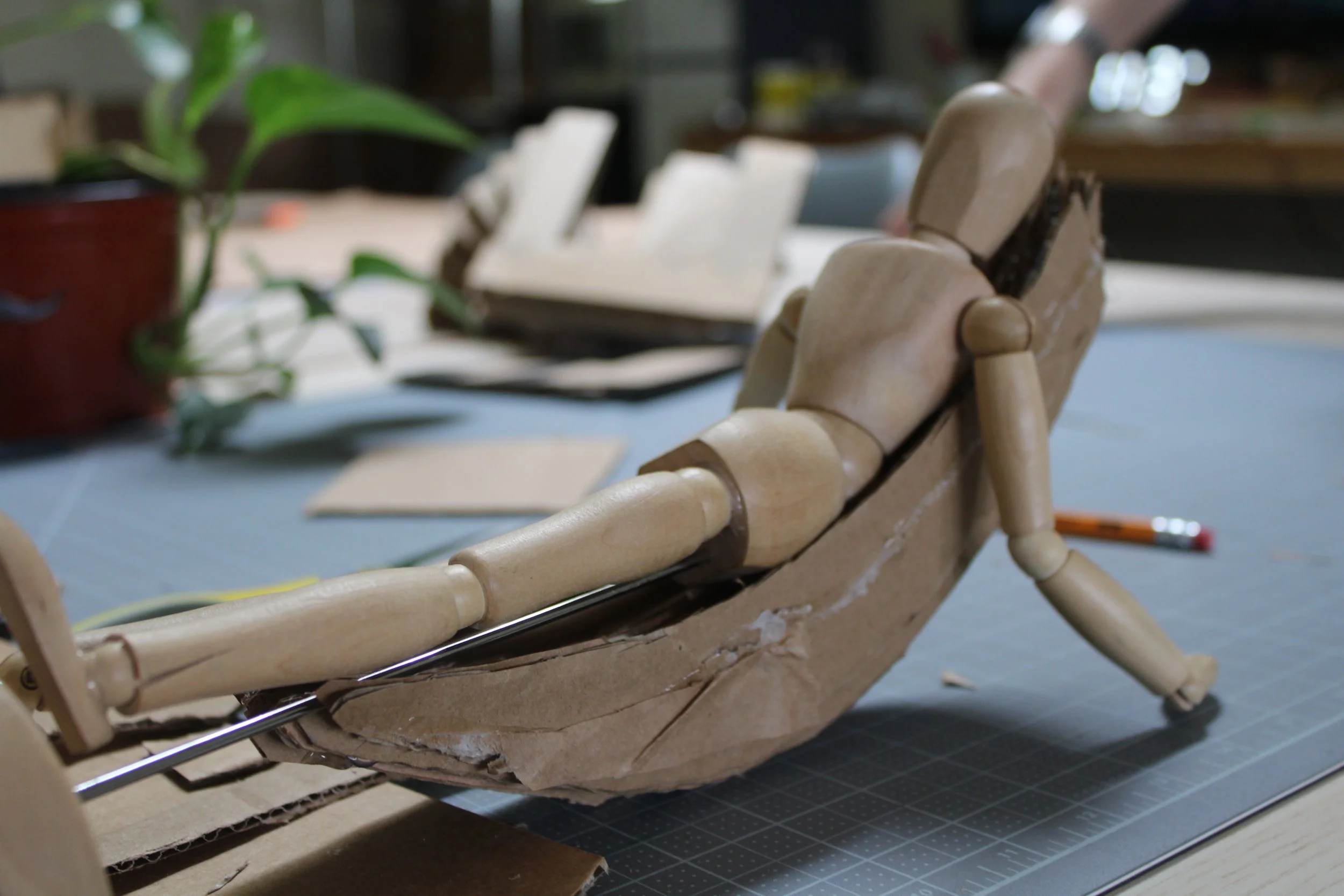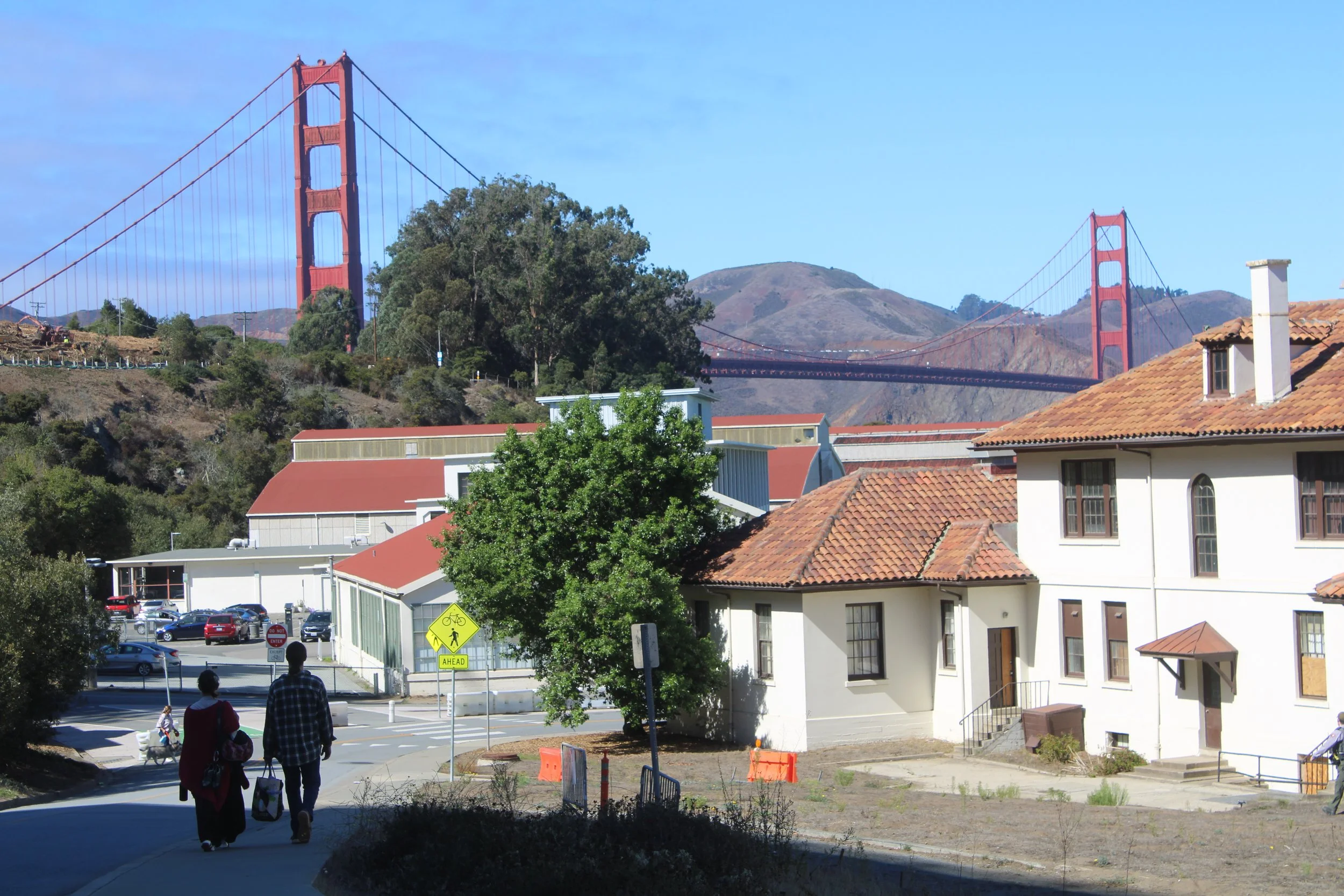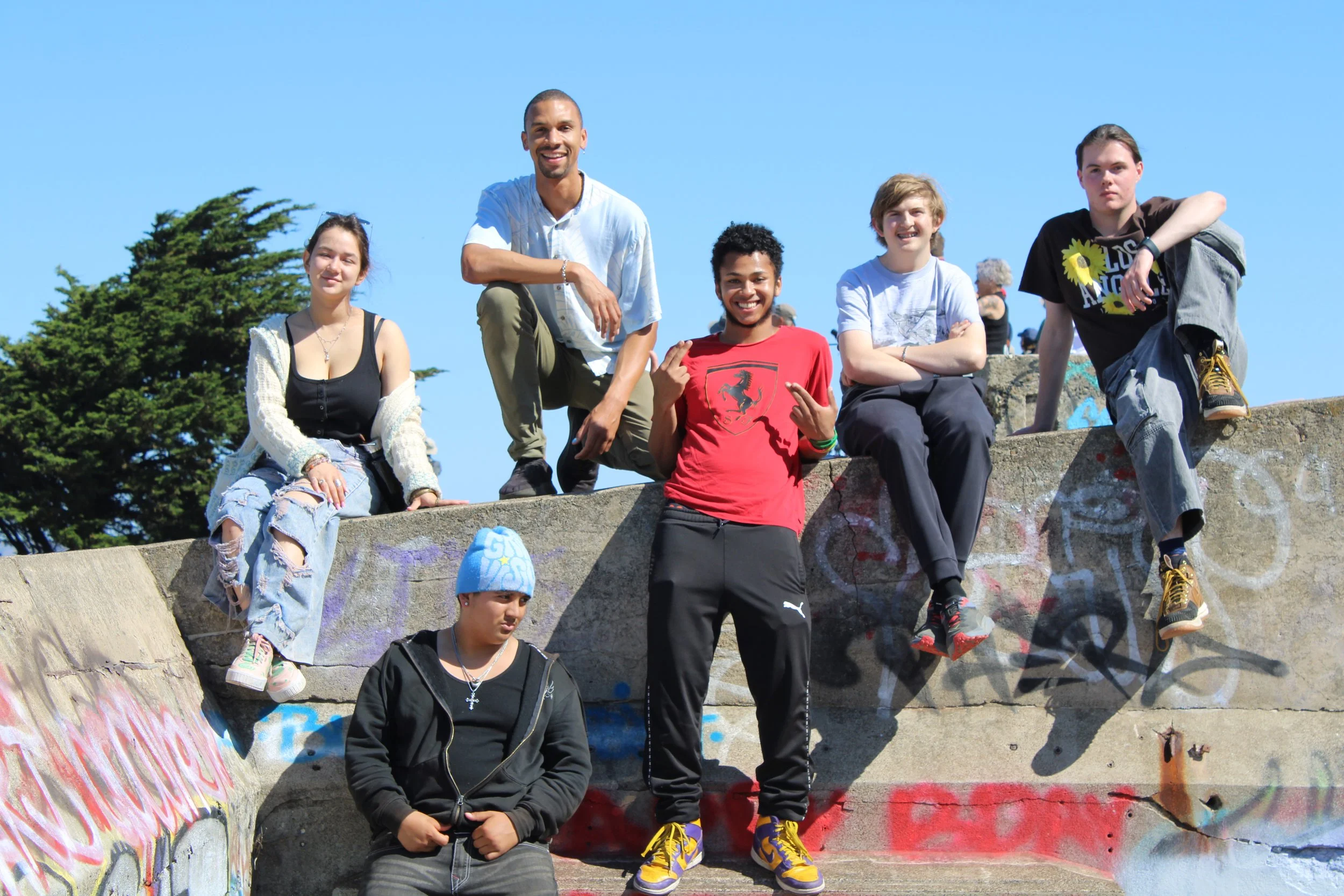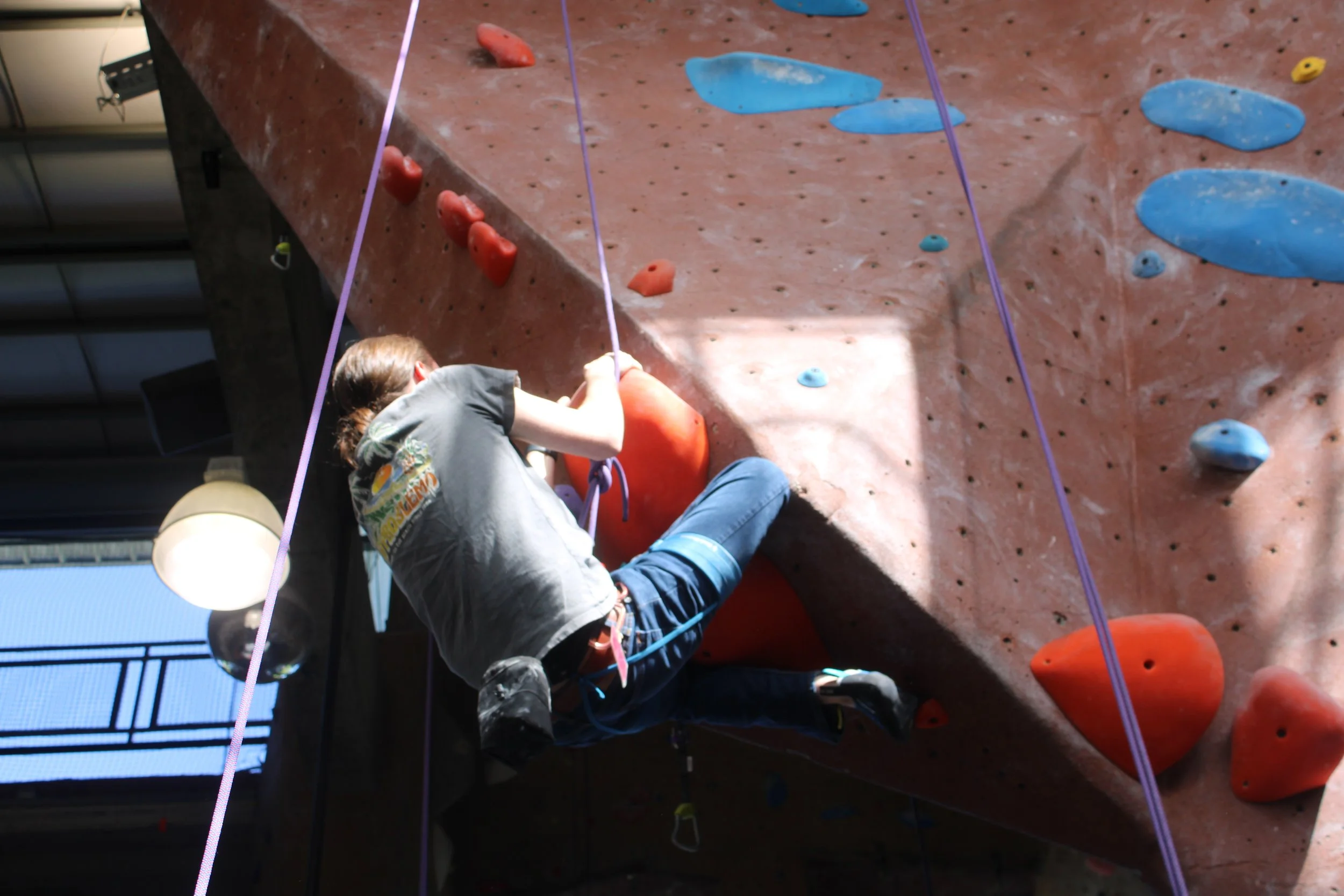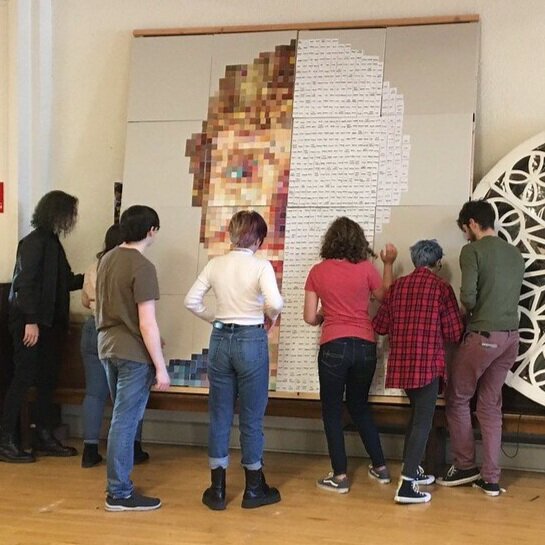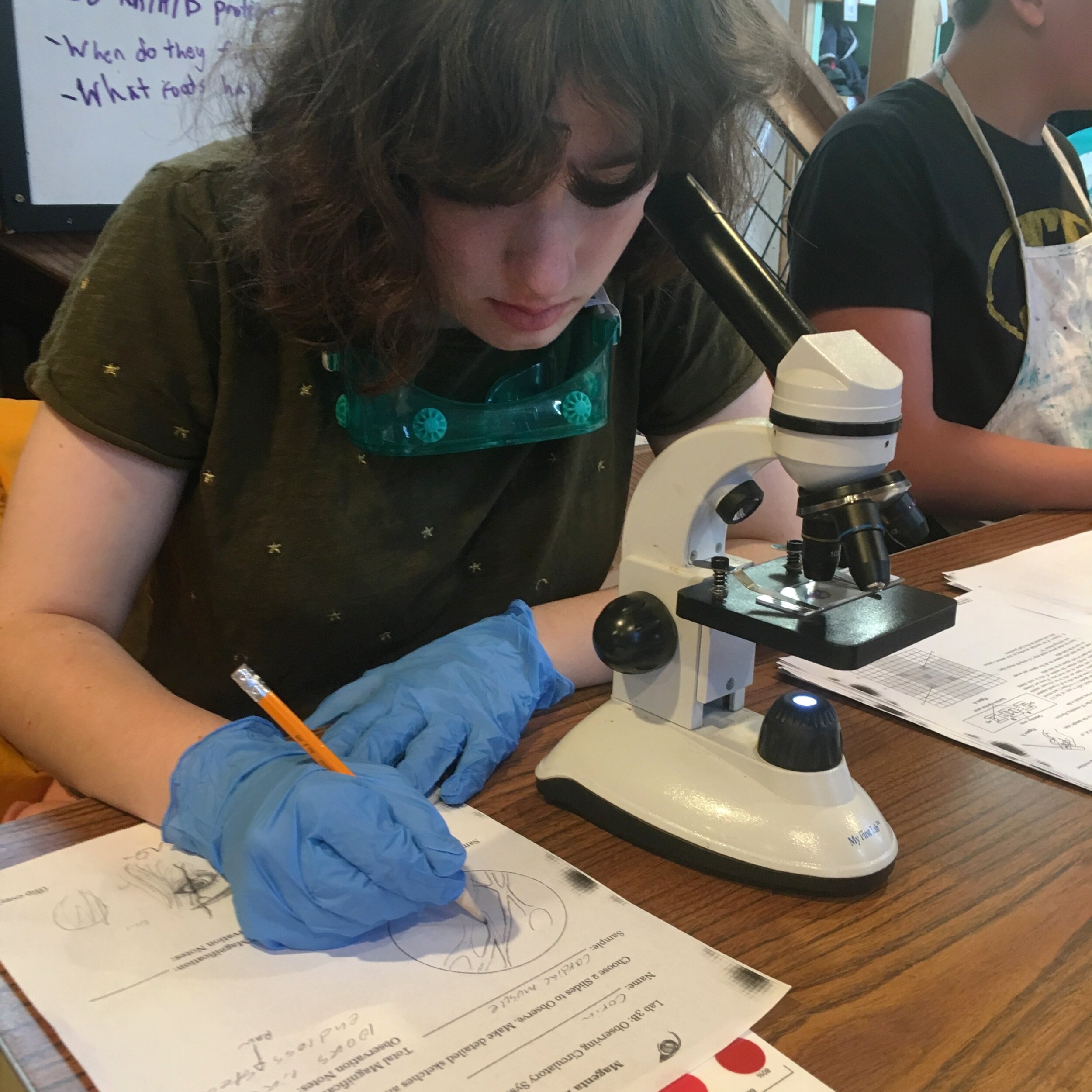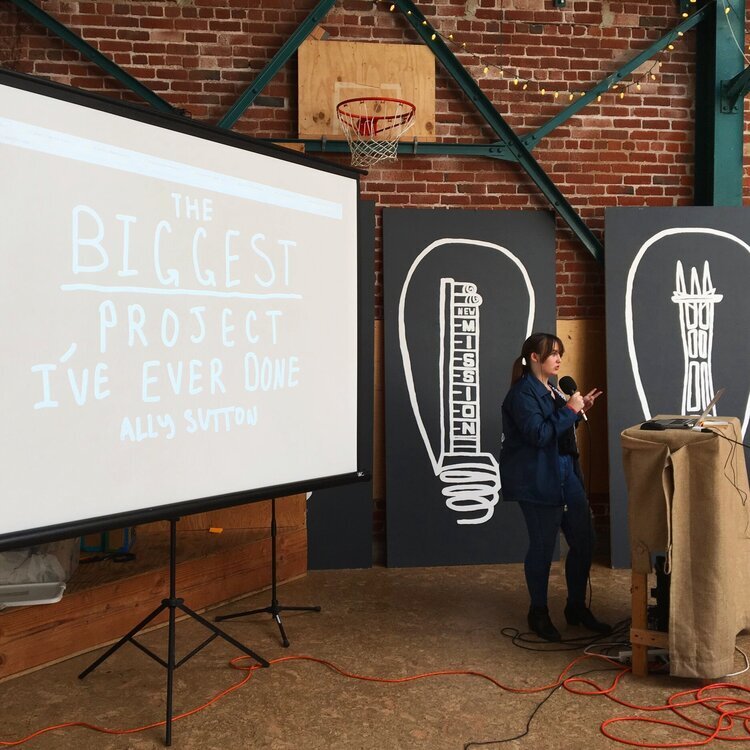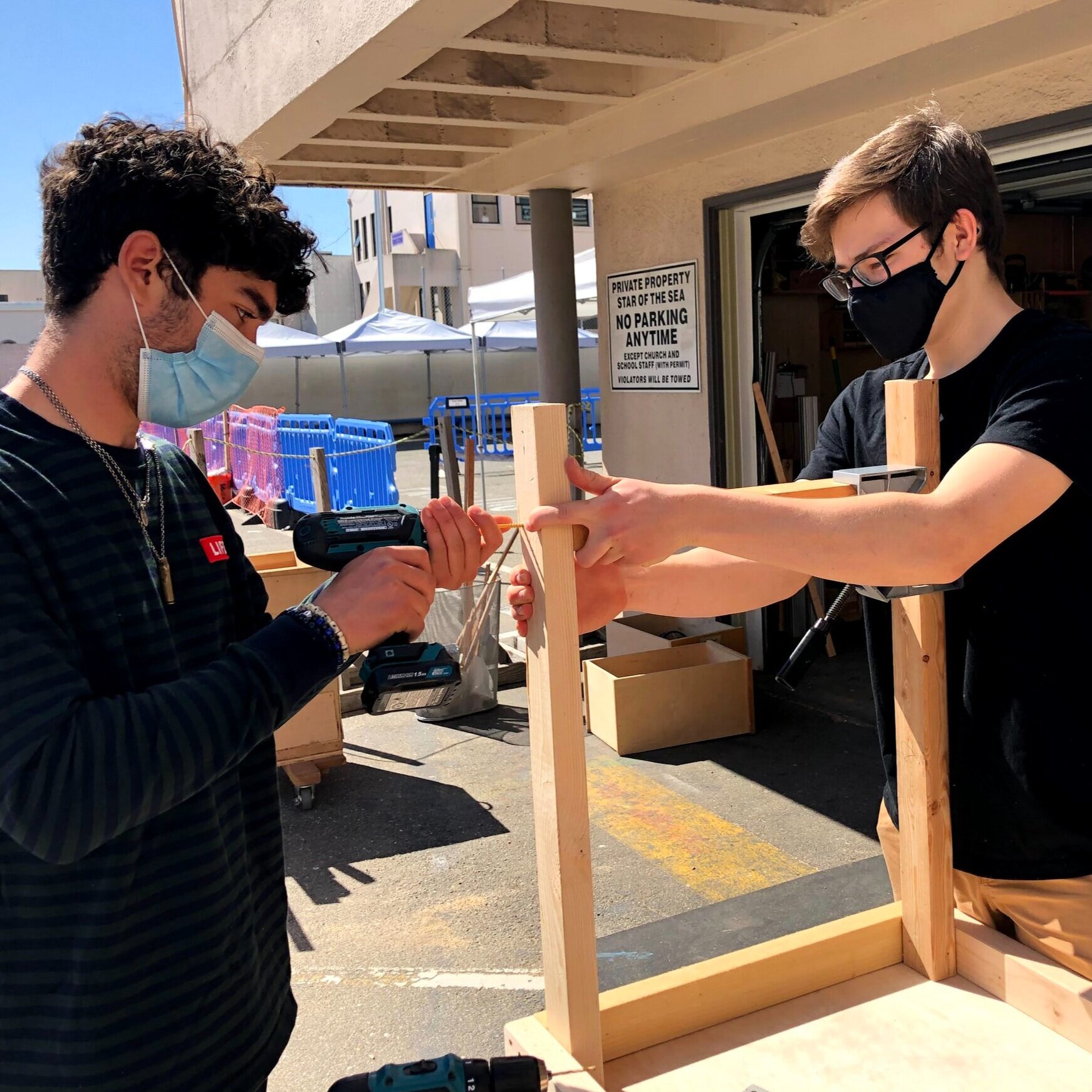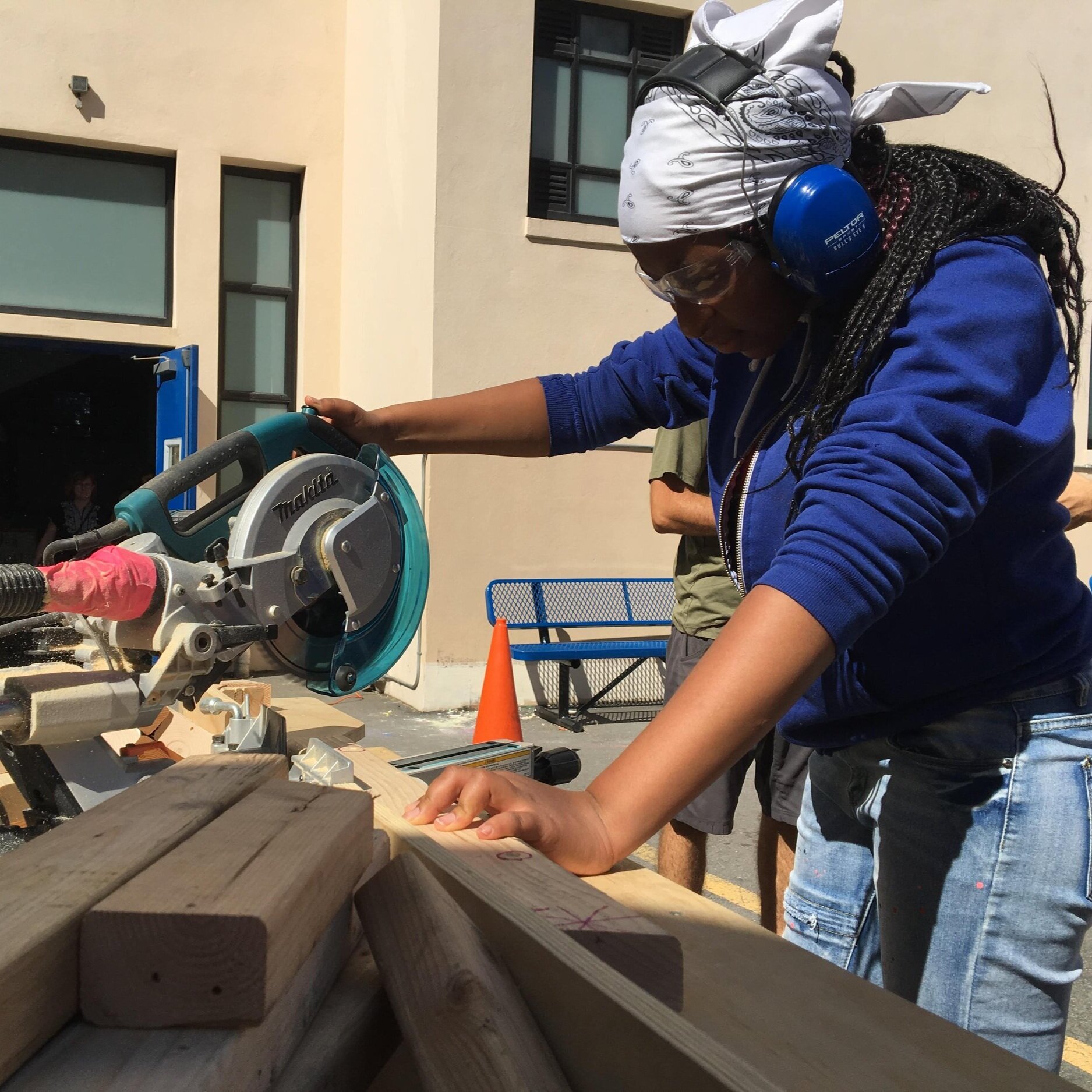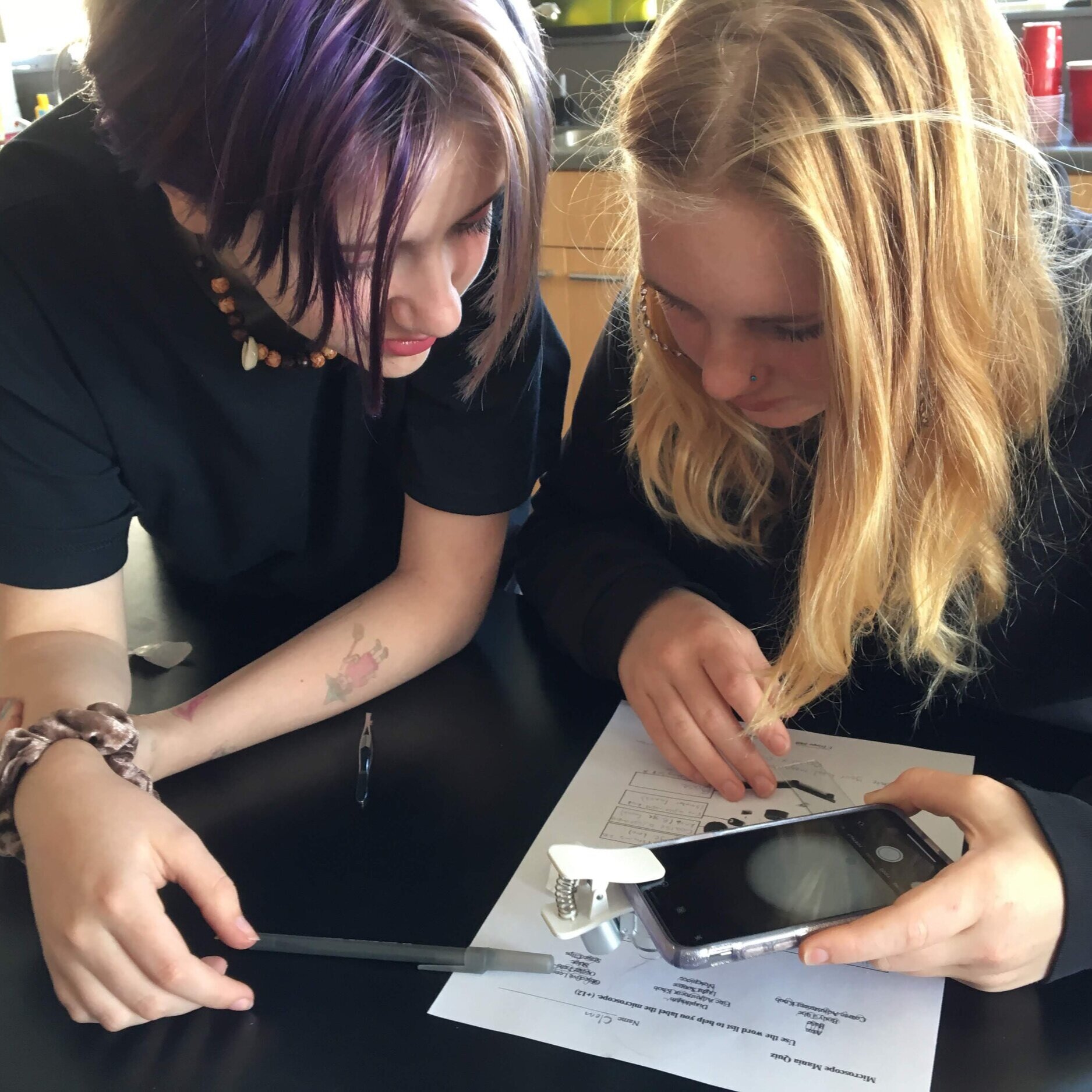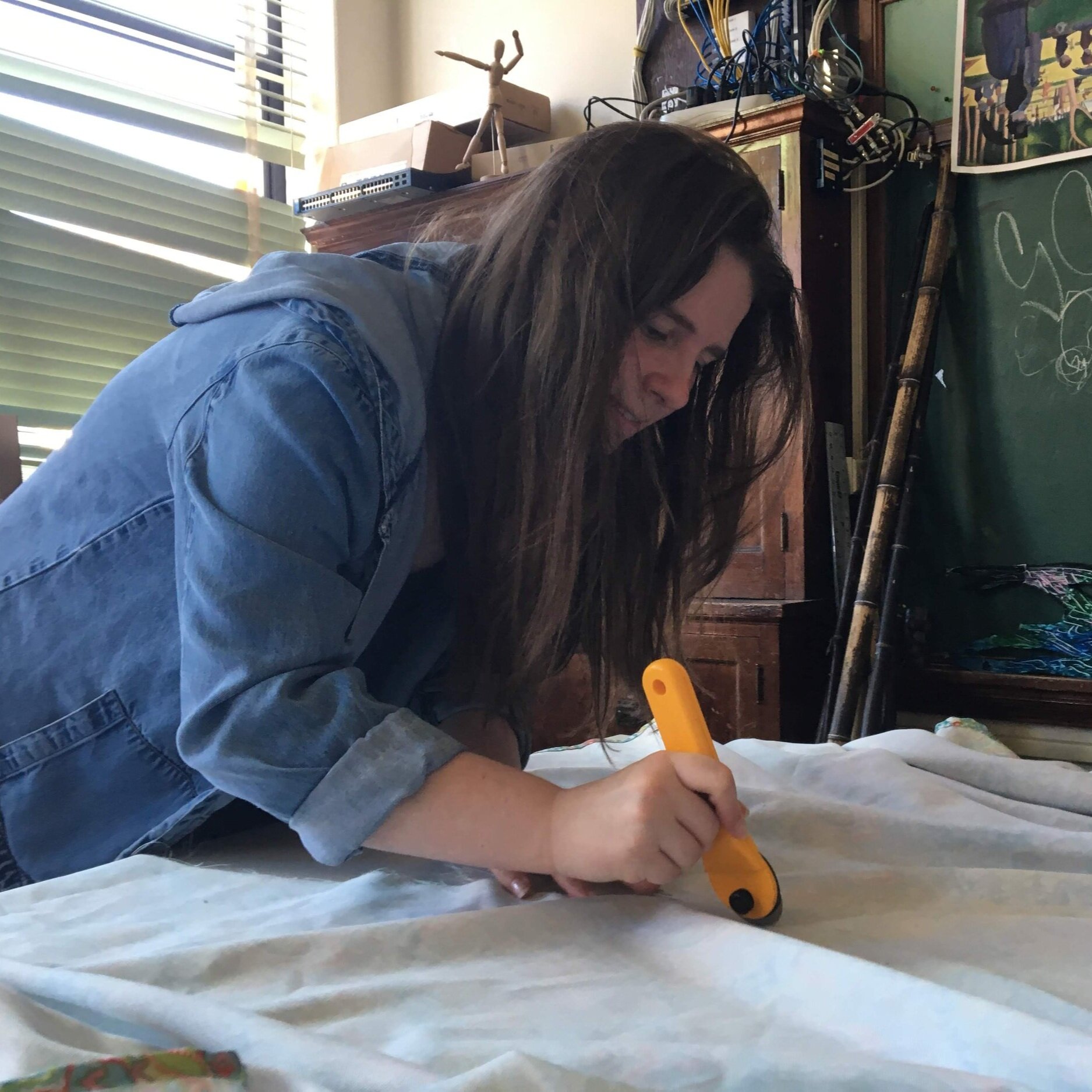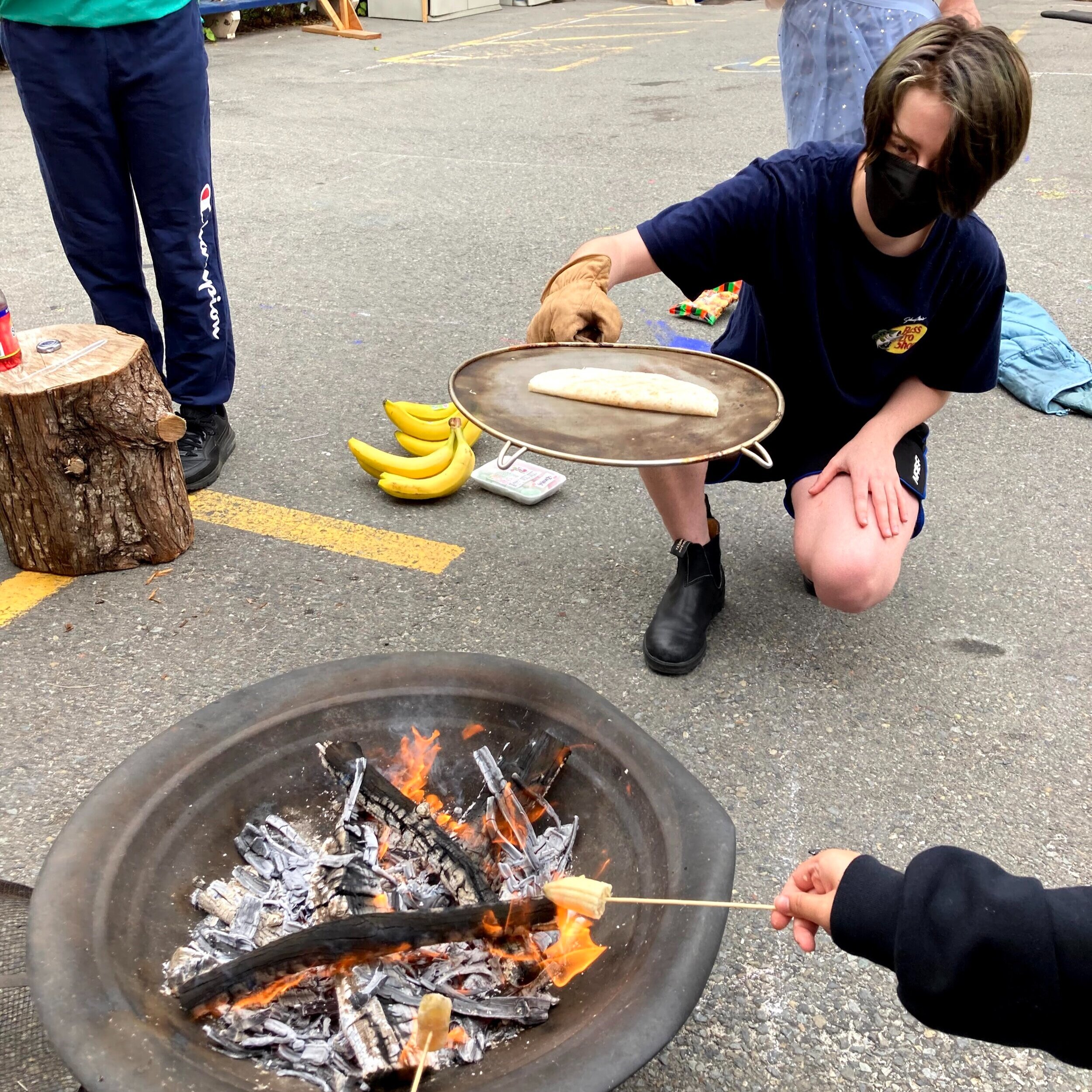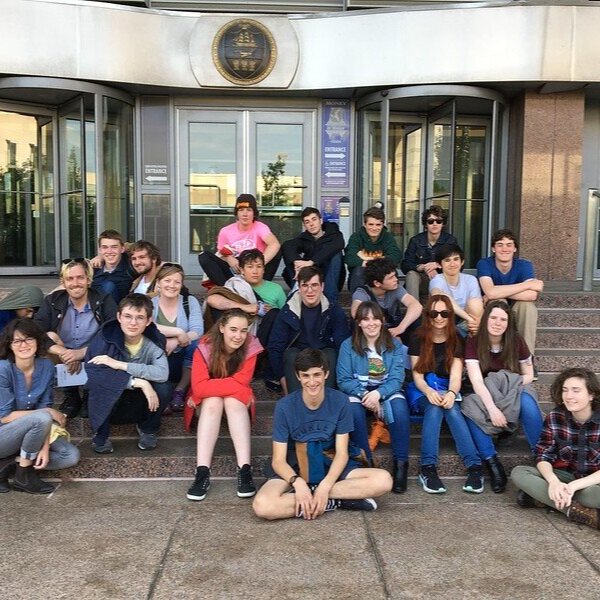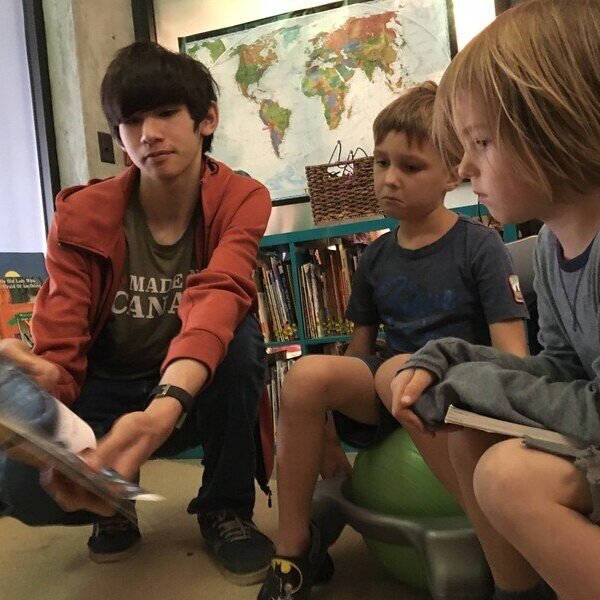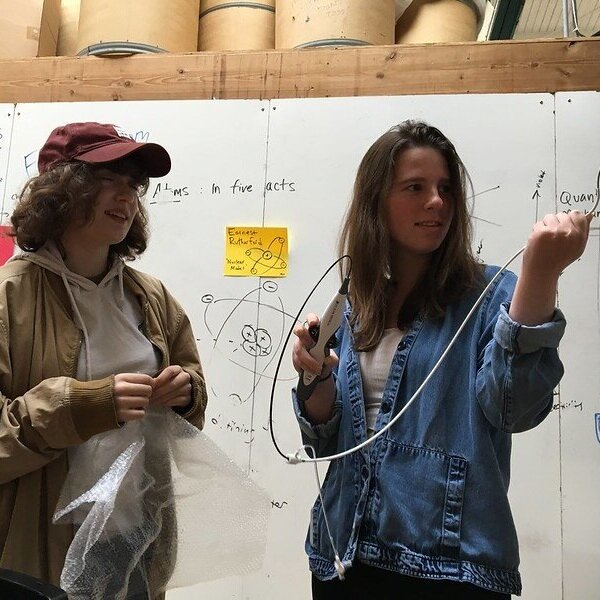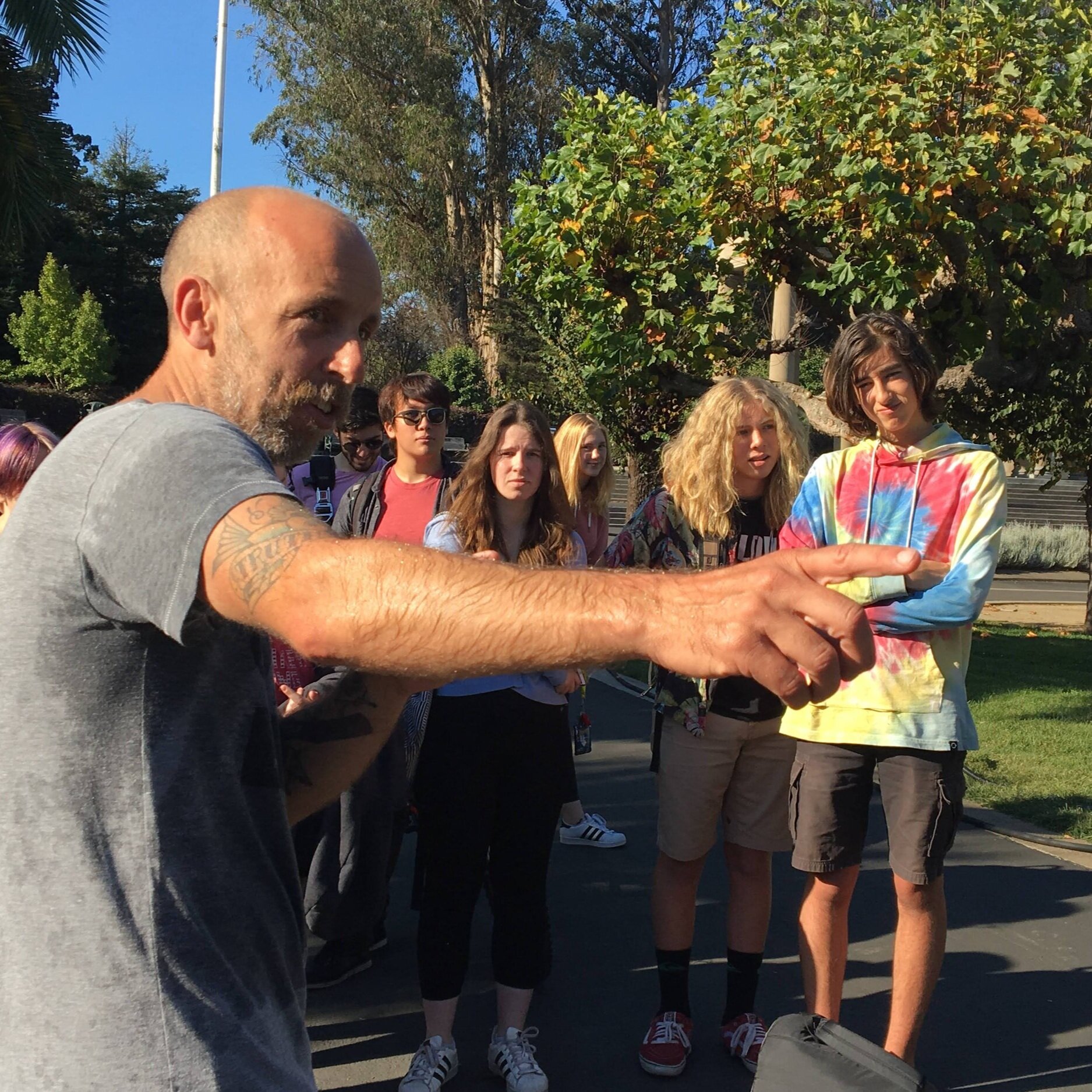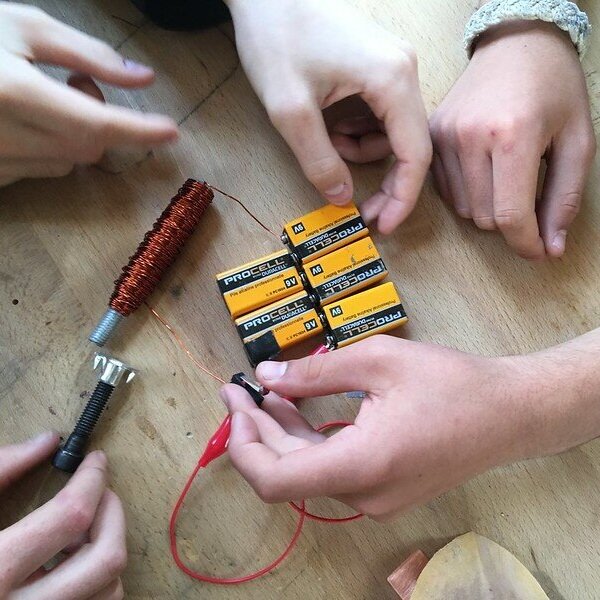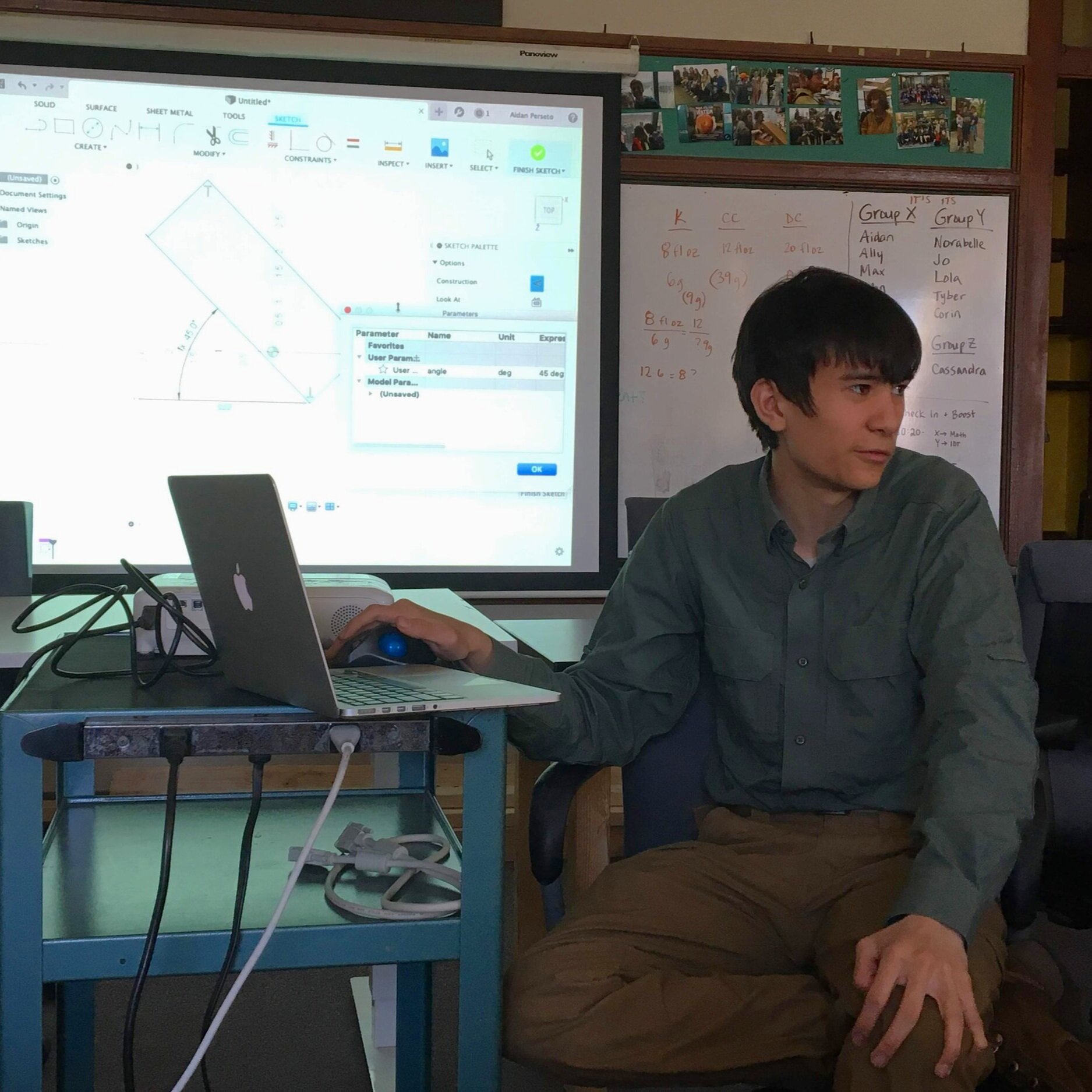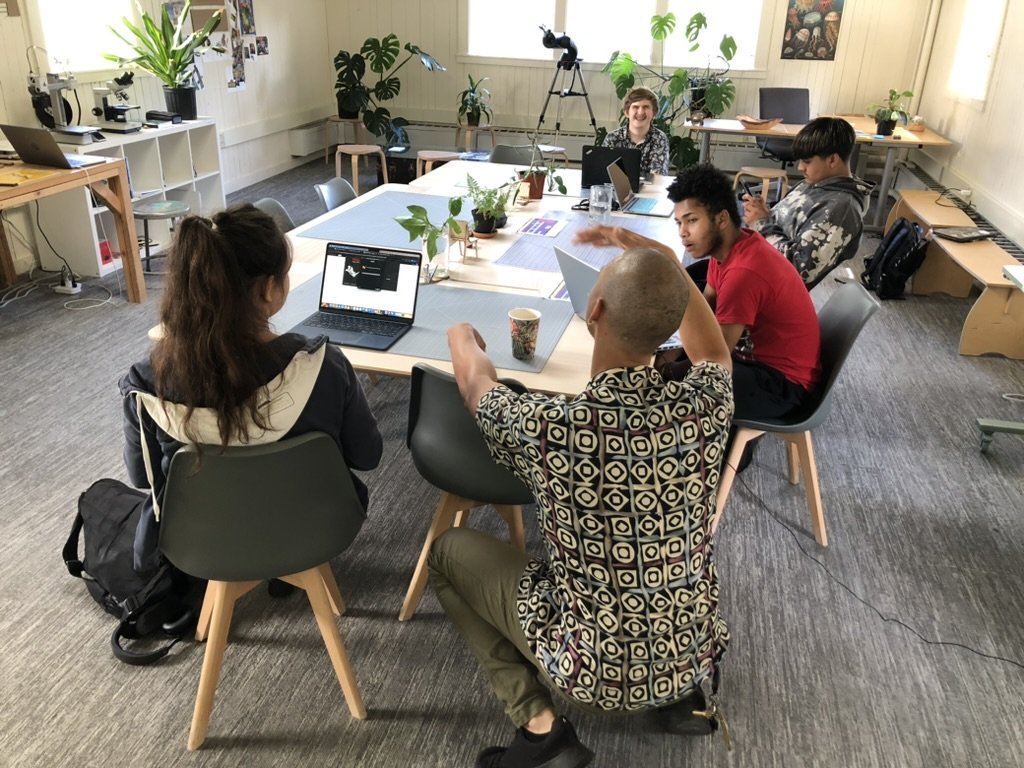
Brightworks High School
is a boutique program where
studio-based learning and design culture, yield high-fidelity projects and prepare students to shape the world.
The Future of Learning
High School, Reimagined
Rigor, Agency, and the Proof to Shape the World.
For too long, high school has forced a devastating choice: trade passion for performance, or trade curiosity for conformity.
In a traditional high school setting, students gain the test scores the world no longer values, while losing the confidence and agency to tackle complex, real-world problems.
Brightworks High School is a dedicated Studio Model that resolves this false dilemma. We fuse the emotional intelligence and support of a personalized, student-centered culture with the rigorous demands of professional design.
The result is a graduate equipped not just with knowledge, but with an undeniable Professional Portfolio of Authentic Work—the proof of mastery that selective universities and employers seek.
Project-Based Learning
A Structured Rhythm for Unscripted Futures
Rigor is not random. Our academic year revolves around The Brightworks Arc, a proprietary, high-frequency process repeated two times annually.
The Arc systematically ensures depth over breadth, moving students through progressive phases of accountability and skill integration. This is how we guarantee the consistent development of 21st-century expertise.
-
Mandated Scaffolding: Delve into core questions ("What is it? Why does it matter?") through collaborative deep-dives and group projects.
This phase models essential collaboration, growth mindset, and project management skills. It is the foundation for community awareness and shared success.
-
Individual Agency: Students transition to radical self-direction, drafting formal project pitches and executing work they design, leveraging real tools and consulting with outside experts.
Self-Directed Learning is forged here. Through rigorous documentation and iteration (making time for failure and feedback), students develop accountability and the capacity to drive meaningful work.
-
Public Accountability: Students assemble comprehensive portfolios, deliver polished, cross-disciplinary presentations, and share their findings with authentic audiences.
This is the mastery moment. Students must articulate their complex process, translating hands-on work into a clear public narrative, ensuring learning is fully internalized.
A typical day for a high school student
*
A typical day for a high school student *
Our school days are made up of a dynamic combination of group subject study, independent project work time, community service and outdoor experiences, field trip adventures, and internship or apprenticeship experiences.
On any given day we might be dissecting Homer’s Odyssey, a chicken’s heart, or the meaning of life.
Our low collaborator-to-student ratios (groups of up to 15 mixed-age students) allows us to focus on learning in all forms so that we honor students for who they are, how they learn, and who they strive to be, with space for curiosity, engagement, and tenacity.
Flow of the School Day
9:15-9:30 All-School Circle: A daily gathering of students and collaborators across the school to say hello, make announcements about the day, celebrate birthdays, participate activities to build community, dexterity, and fun.
9:30 - 9:45 Morning meeting, social-emotional learning conversations and community building
9:45 - 12:00 Morning block: This time can looks like deep dives into arc-related explorations and academic study, workshops related to the big group project with expert teachers, literature study and discussion, art provocations, and inclusivity and intersectionality curriculum, with breaks for movement and stretching in the middle.
Examples of morning classes:
Filmmaking with Jamie from the Bay Area Video Coalition
Grantwriting with Professor Carroll from Santa Clara University
Literature with collaborators
Inclusivity and Intersectionality with collaborators & wellness team
12:00-1:15 Lunch & Break
1:15-3:15 Afternoon Block: High schoolers take more responsibility for planning their own time (with supports where needed) so afternoons vary between their separate Math class with our math collaborator, independently designed time for study, catching up on work, one-on-one meetings with collaborators, or swaths of time for project work.
3:15-3:30 Reset & End of day
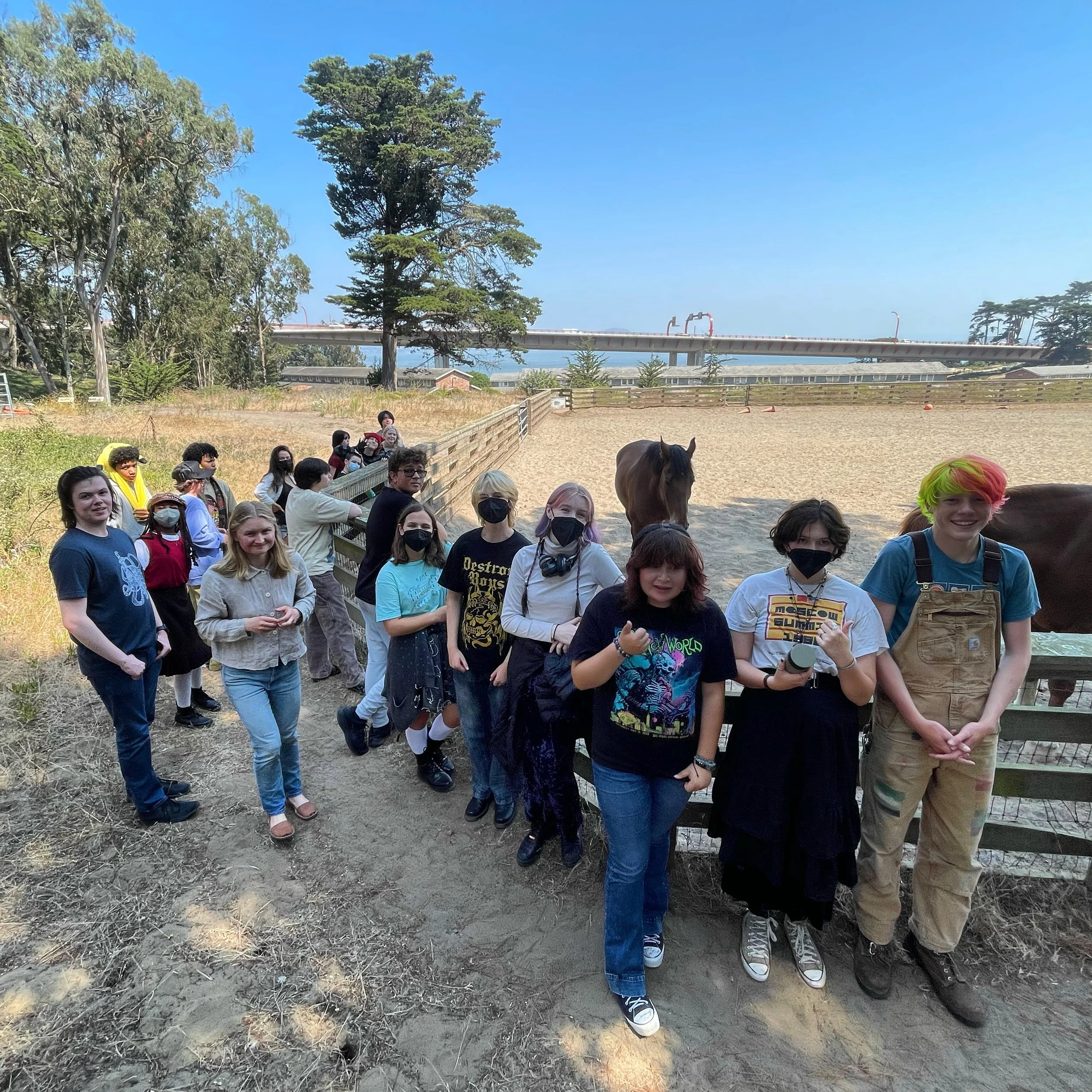
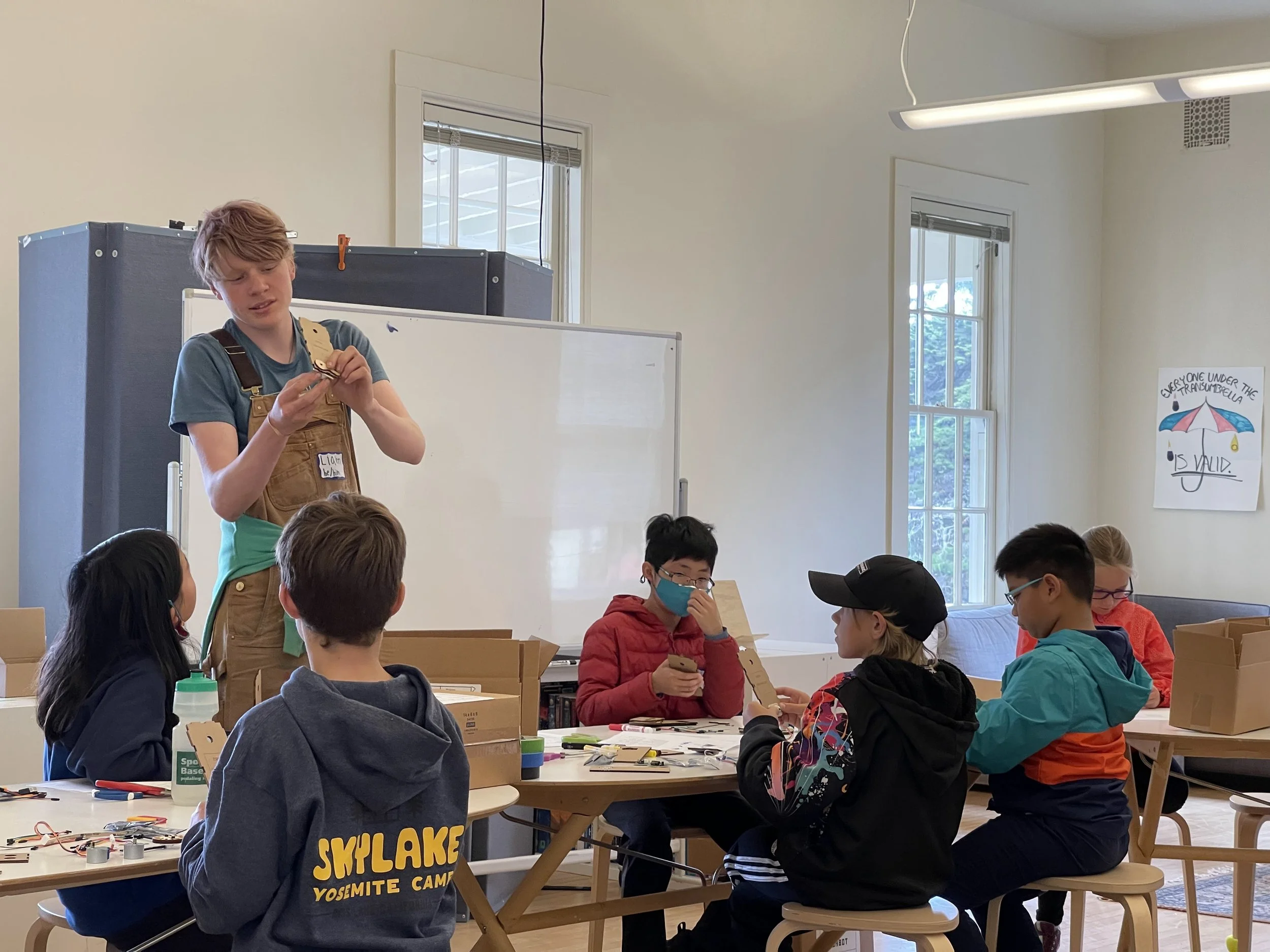

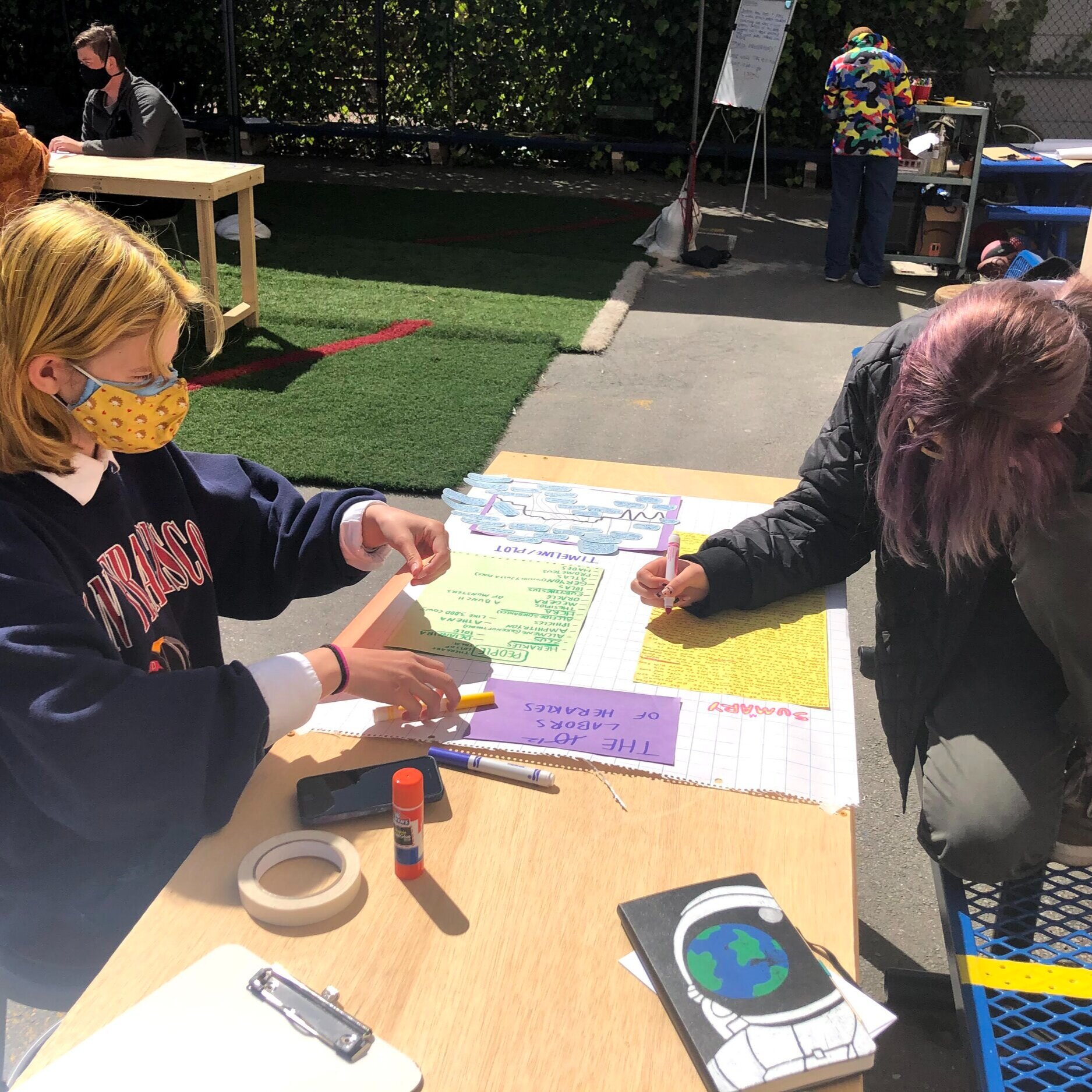

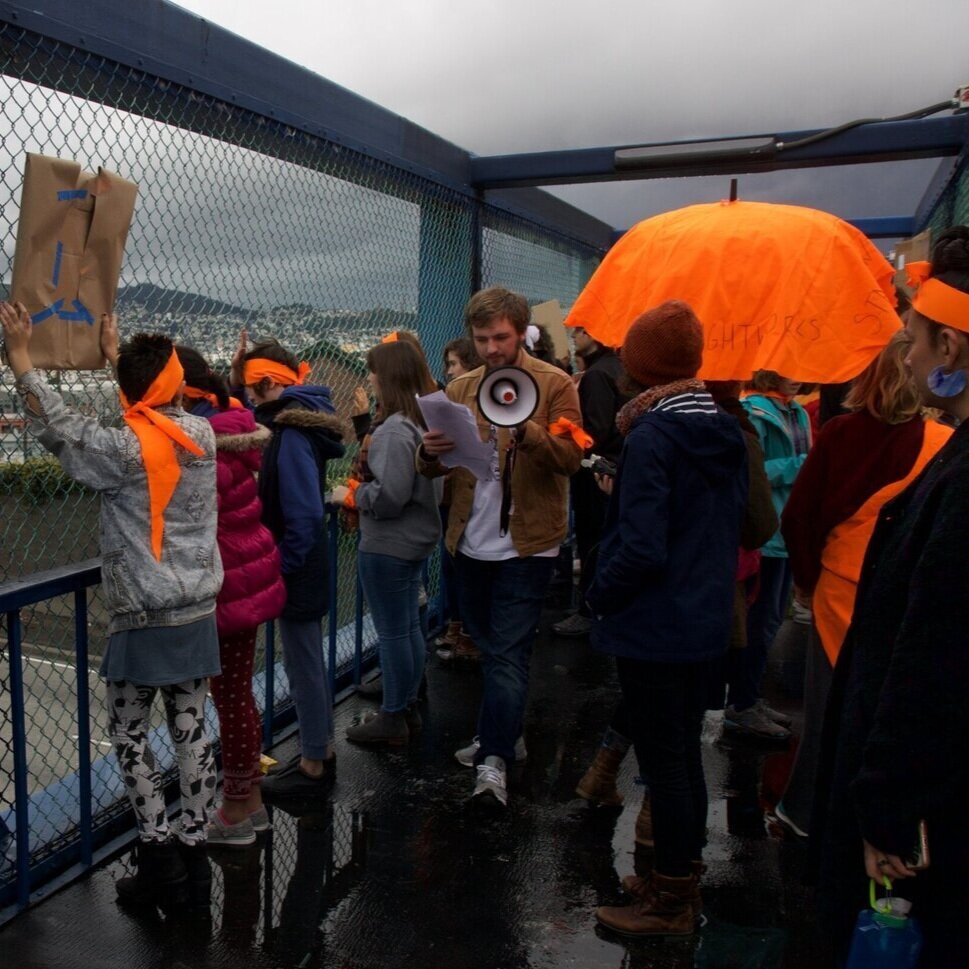
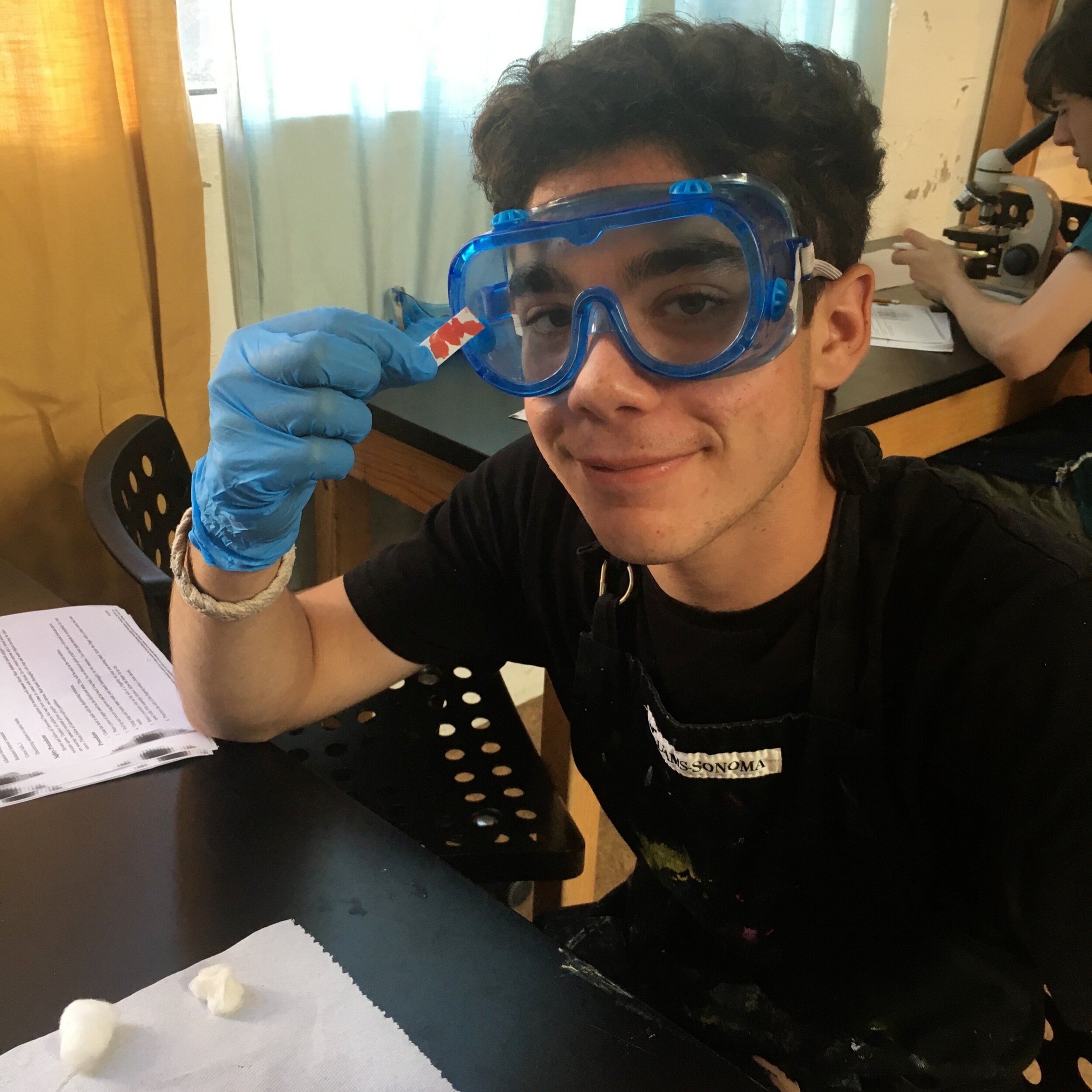
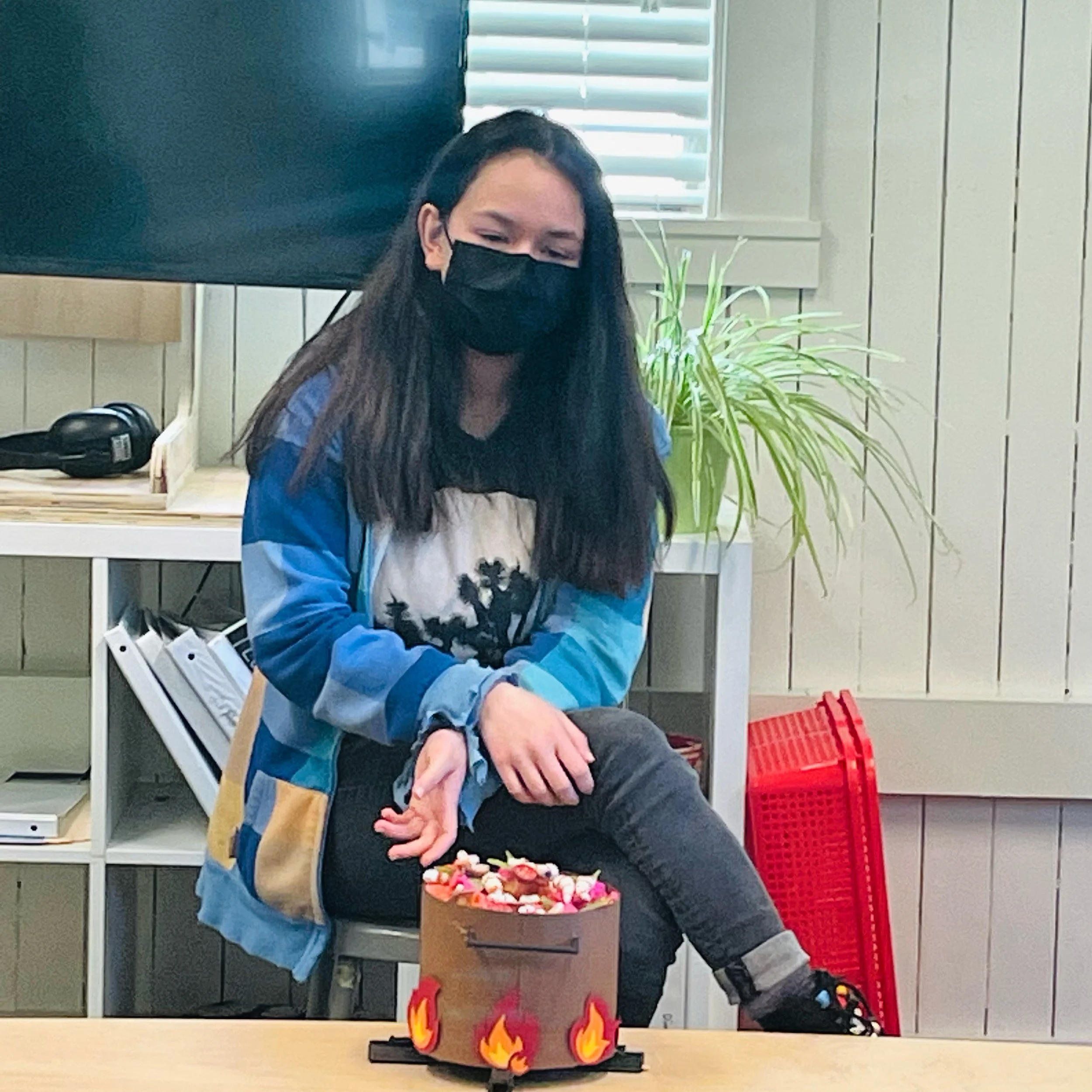
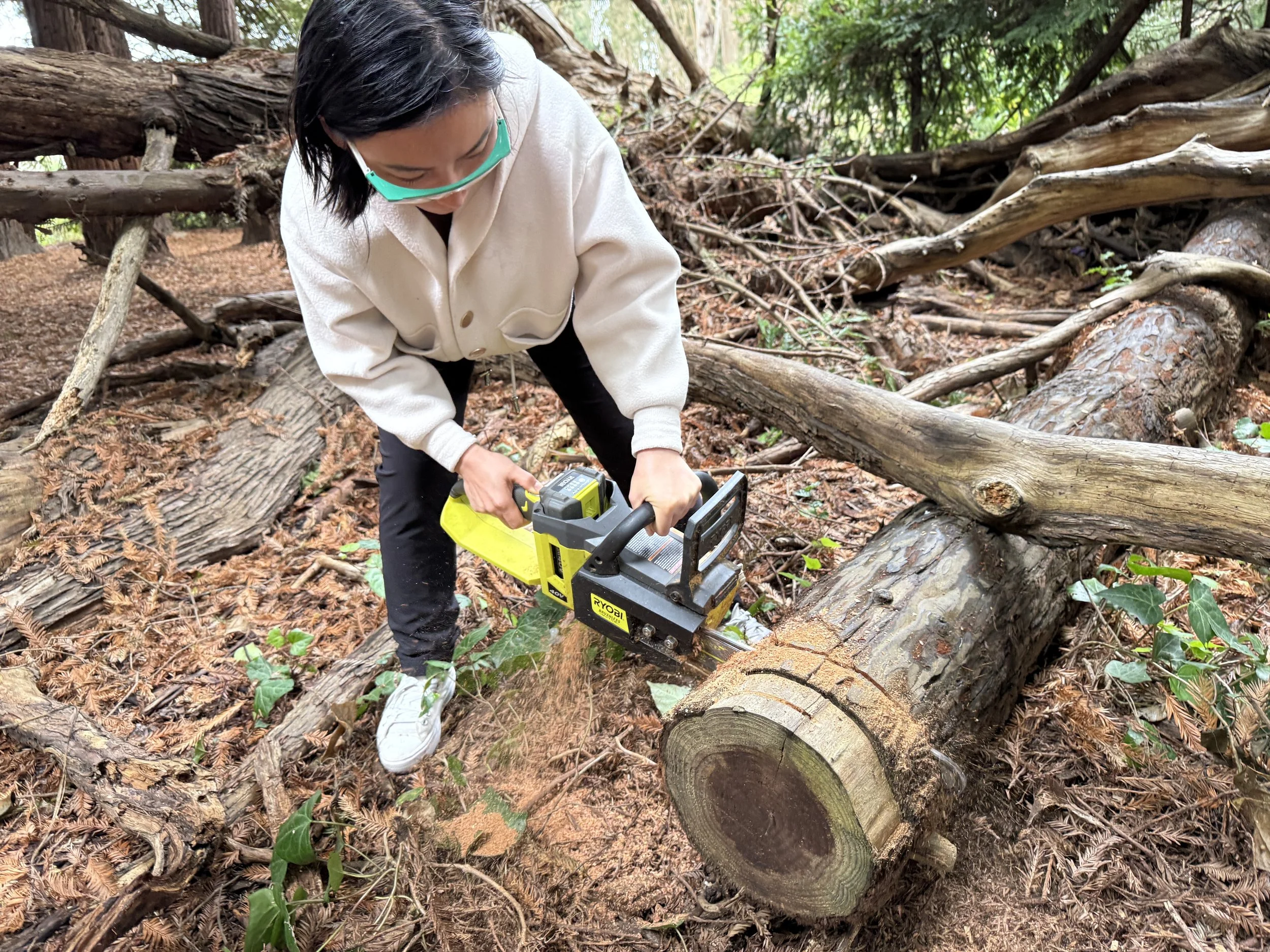
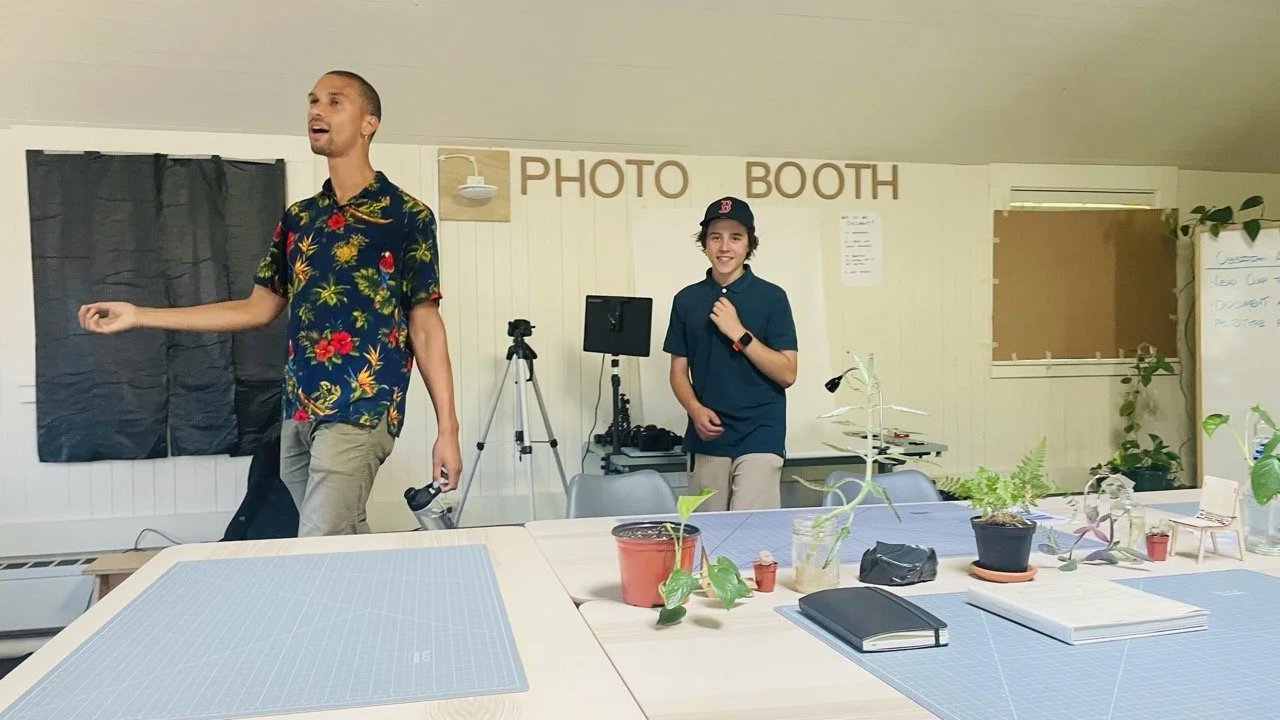
Graduate Competencies:
Mastering the 21st-Century Skillset
Taking inspiration from organizations like the Common Core, the Next Generation Science Standards, Learning for Justice, the International Society for Technology in Education, the Mastery Transcript Consortium schools collective, and a decade’s worth of managing students’ projects, Brightworks has set the following competency areas for its high schoolers as they take on projects and make connections between each traditional subject area in a multi-modal and interdisciplinary way. These competency areas are the backbone of the Mastery Transcript that students build during their high school years.
Our unique design model ensures that the process of The Arc systematically cultivates three measurable, high-level graduate competencies.
Communication and Self Expression
The Mastery Mandate: Convey complex understandings, original ideas, and cross-disciplinary connections through multiple mediums.
How We Build It: Honed through the Exposition phase, where students must move beyond product completion to intellectual defense. This includes assembling formal portfolios and presenting findings to the wider community and external partners, demanding professional-grade communication.
Self-Directed Learning
The Mastery Mandate: Develop the capacity to manage one's own work, engagement with ideas, projects, and passions.
How We Build It: Embedded in the Expression phase. Students are in the "driver's seat of their learning," learning who they are and what they're truly capable of by practicing iteration, documentation, and time management on a daily basis.
Social, Emotional & Community Awareness
The Mastery Mandate: Know oneself as a learner, practice effective collaboration, and become a positive contributor to the community.
How We Build It: Developed through the mandatory group collaboration in Exploration, where professional teamwork skills are modeled. This is reinforced by our guiding principles of Equity and Justice and Community, ensuring students connect their projects to real-world challenges and contribute positively to society.
The Launchpad
We are committed to preparing students for college entrance and completion for all, using our innovative model as a superior alternative to traditional measures of academic success.
The Portfolio Guarantee: Your student graduates with a Professional Portfolio—the undeniable record of what they can do. This tangible body of work is perfectly suited for today’s holistic, test-optional college admissions process, ensuring they stand out from thousands of applicants with similar grades.
Real Work, Real World: We actively break down the walls between school and the world outside. Partnerships with artists, scientists, and organizations throughout San Francisco give students access to real work, validating the rigor of their projects and ensuring they are prepared for the adaptive challenges of the 21st-century economy.
Personalization and Support: Small classes and a culture of mutual respect ensure that every student is "seen and known". Our Collaborators (teachers) support students in finding their most beautiful version of themselves, nurturing the capacity to adapt, innovate, and lead in a rapidly changing world.
Some of our recent graduates have gone on to:
Bard College
Beloit College
Bennington College
Bucknell University
Butler University
California College of the Arts
Carleton College
Connecticut College
Culinary Institute of America
Eckerd College
Elon University
Gonzaga University
Hampshire College
Humboldt College
Knox College
Lafayette College
Lewis & Clark College
Loyola Maryland University
Maryland Institute College of Art
Minneapolis College of Art and Design
Oberlin College
Olin College of Engineering
Otis College of Art and Design
Parsons School of Design
Quest University
Reed College
Rochester Institute of Technology
Santa Clara University
Sarah Lawrence College
School of the Art Institute of Chicago
San Francisco State University
Skidmore College
Southern Utah College
Stony Brook University
Sweet Briar College
The College of New Jersey
Union College
University of Colorado - Boulder
University of Michigan
University of Puget Sound
University of Puget Sound
University of Rochester
University of Washington
University of Wyoming
Western Washington University
Whitman College
Willamette University
Williams College
Brightworks graduates have also gone on to:
fabricate exhibits at the Denver Children’s Museum
join the UC Track at City College
work in childcare, afterschool and summer programs,
get a pilot’s license,
start a band,
join the US Marines.
Mastery Transcript
As a school without grades and tests, Brightworks has the unique challenge of presenting learners as academically rigorous students and well-rounded people with great interest and passion for the world around them. Rather than a grades-based assessment system, students reflect on their own individual learning goals and outcomes and achieve competency credits for their interdisciplinary work that is compiled into a portfolio transcript that reflects their learning, progress, and interests.
Brightworks partners with the Mastery Transcript Consortium to build competency- and portfolio-based transcripts that represent student learning and areas of passion to college admissions officers or post-high school life paths that students have chosen. The Mastery Transcript Consortium works with high schools across the country to disrupt the traditional transcript and show student learning through evidence that shows a specific set of skills that students earn during their four years of high school. The Consortium is the intermediary to college admissions offices, helping high schools present a student’s unique skills and passions, and helping colleges understand the incredible learners who apply to their schools.
Check out the details and design of this great tool: mastery.org/why-the-transcript
“Create a meaningful experience, and the learning will follow.”

